


!["You [the Constitutional Tribunal] have blood on your hands"](https://cdn.myportfolio.com/8258b37e-c8ca-46fa-a125-b7e45be074bb/260bbfd8-e9a0-484e-886f-90cdd92221fc_rw_1200.jpg?h=4468ef255cfa4f7748bf7de3b10e6cb9)
"You [the Constitutional Tribunal] have blood on your hands"
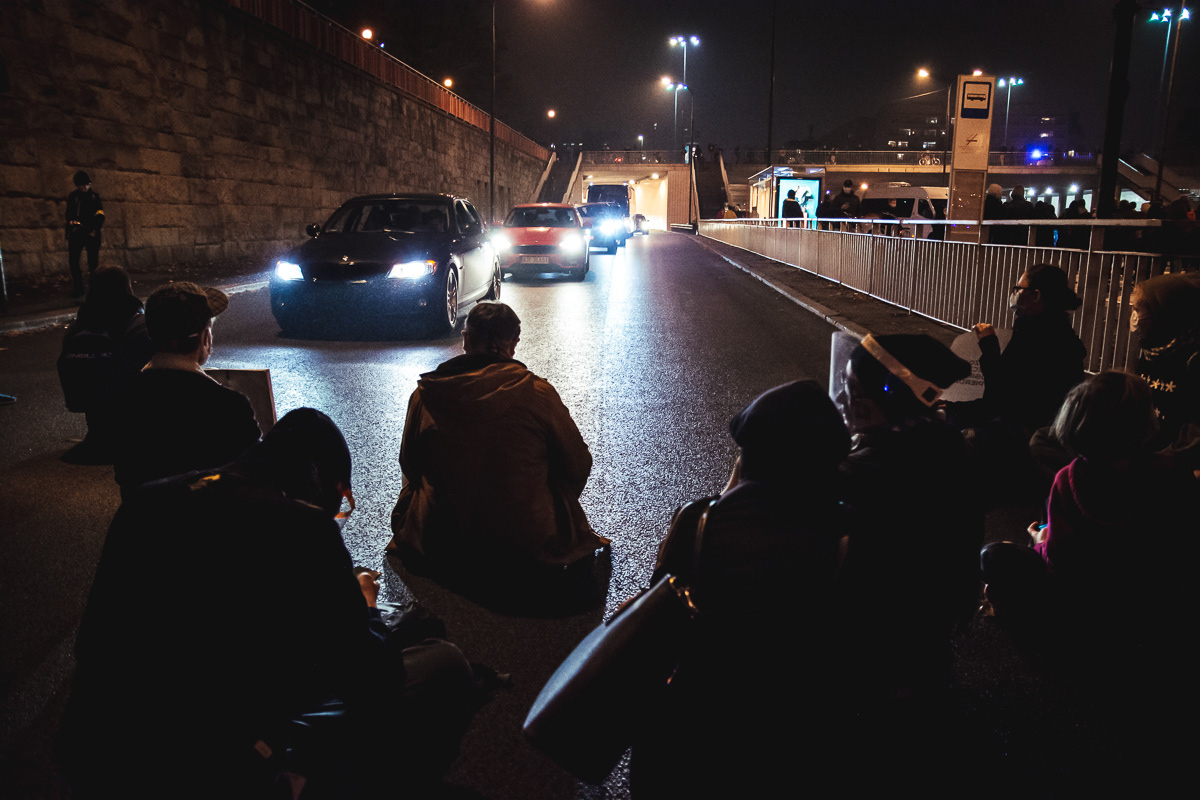
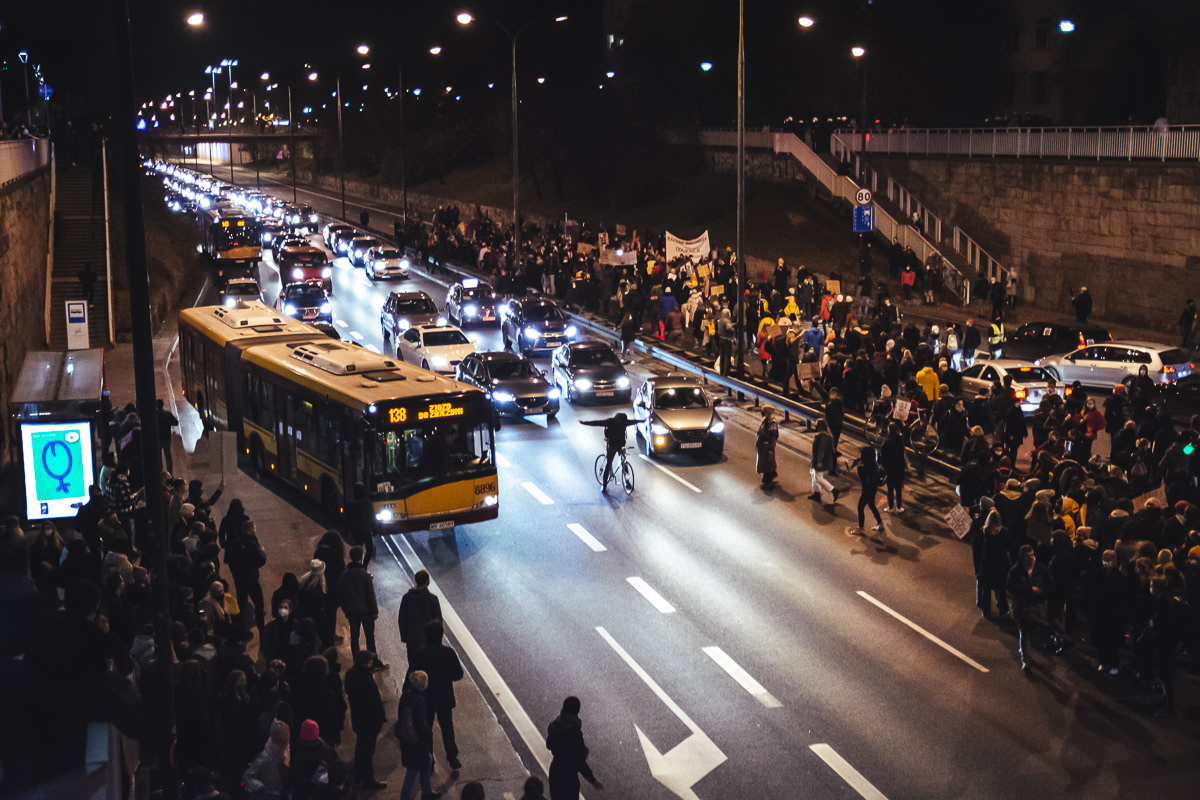

"Abortion on demand"

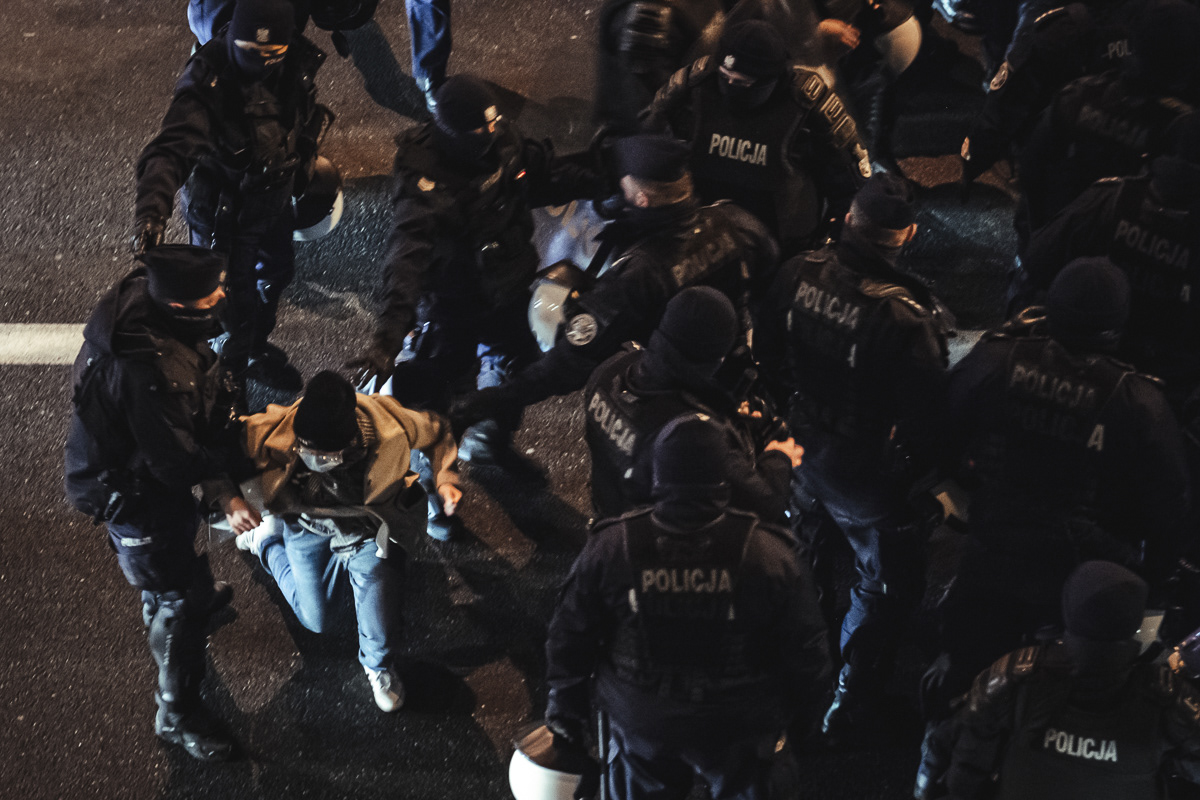
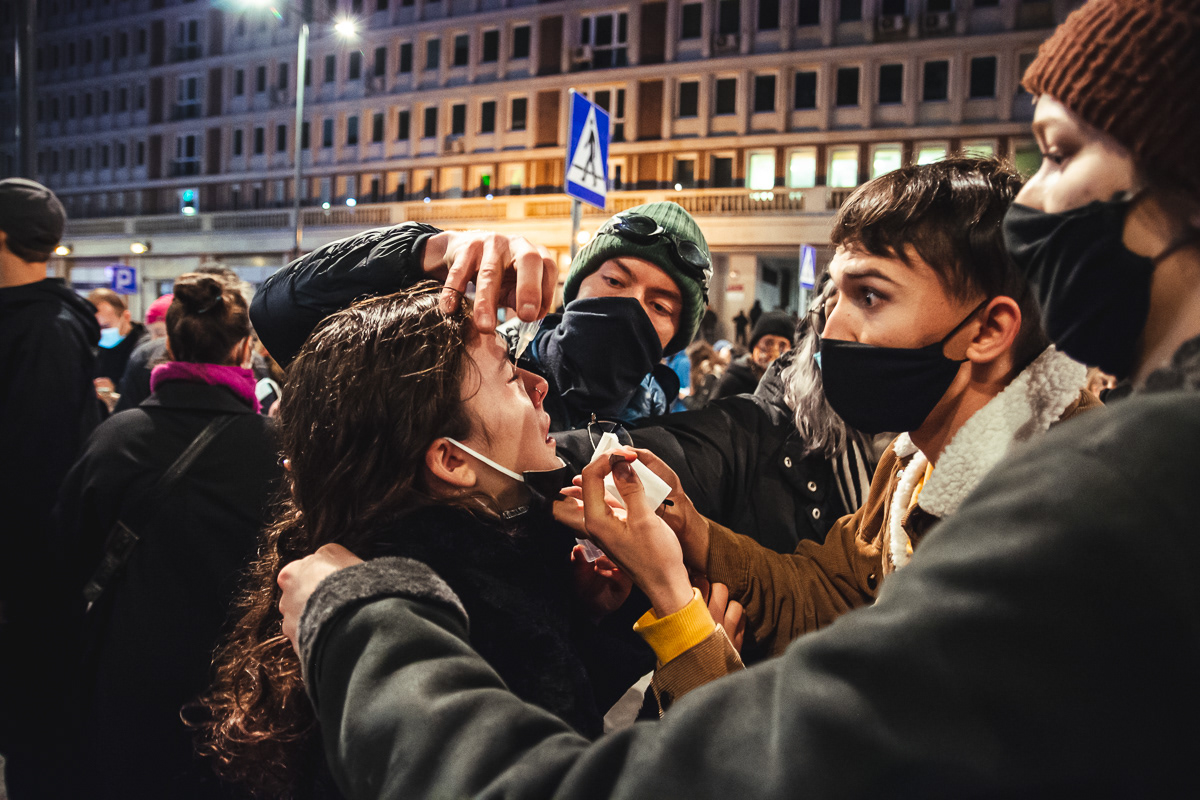
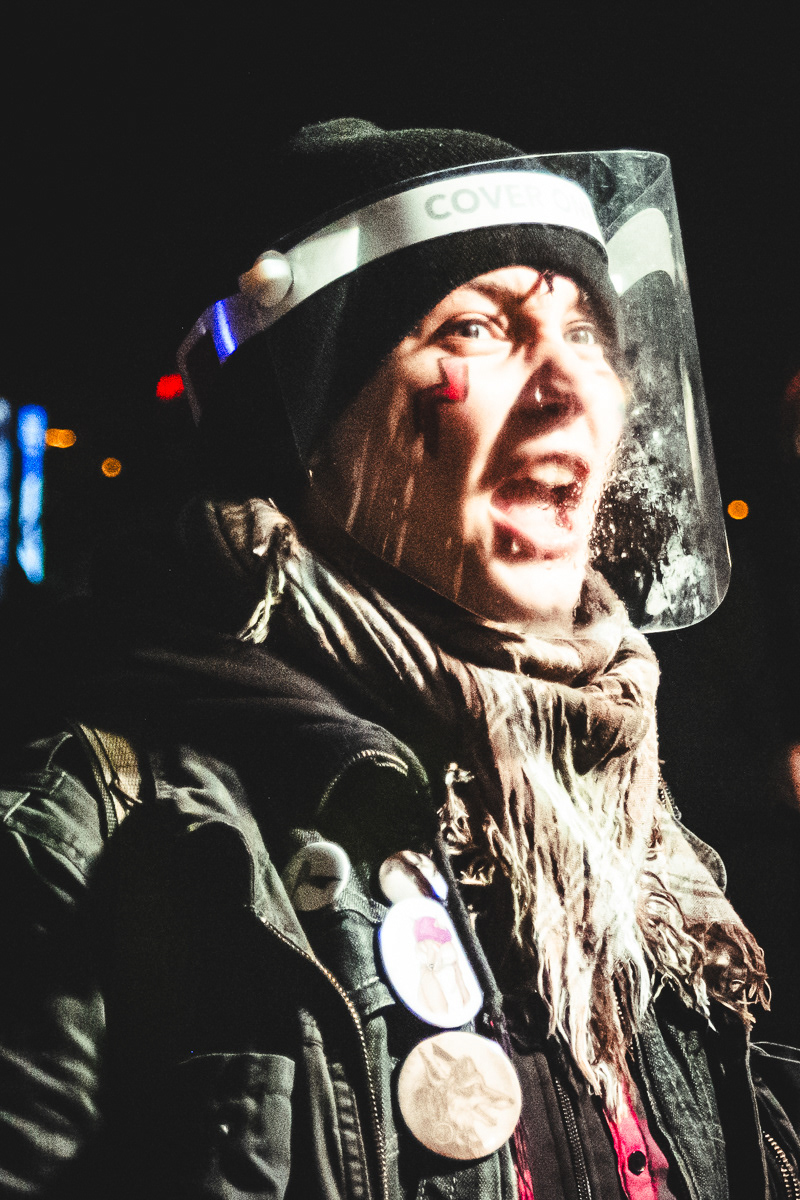


"Revolution is a woman"
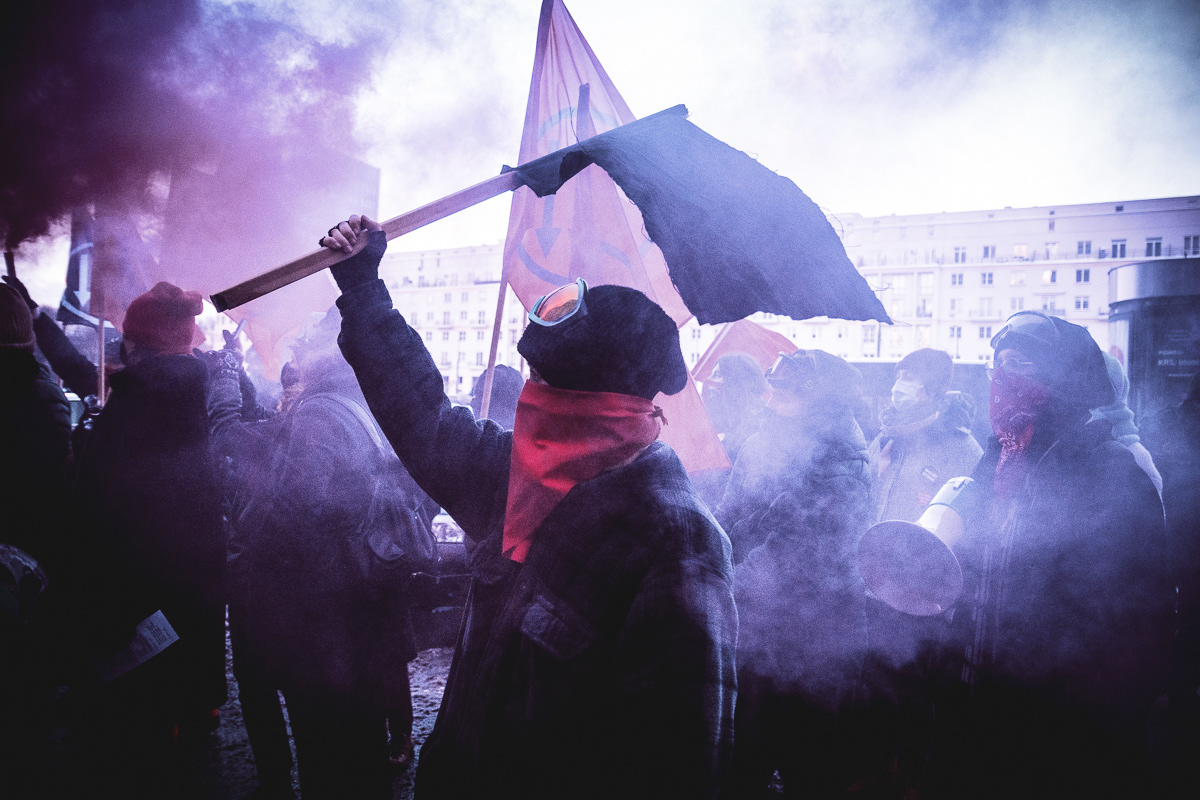
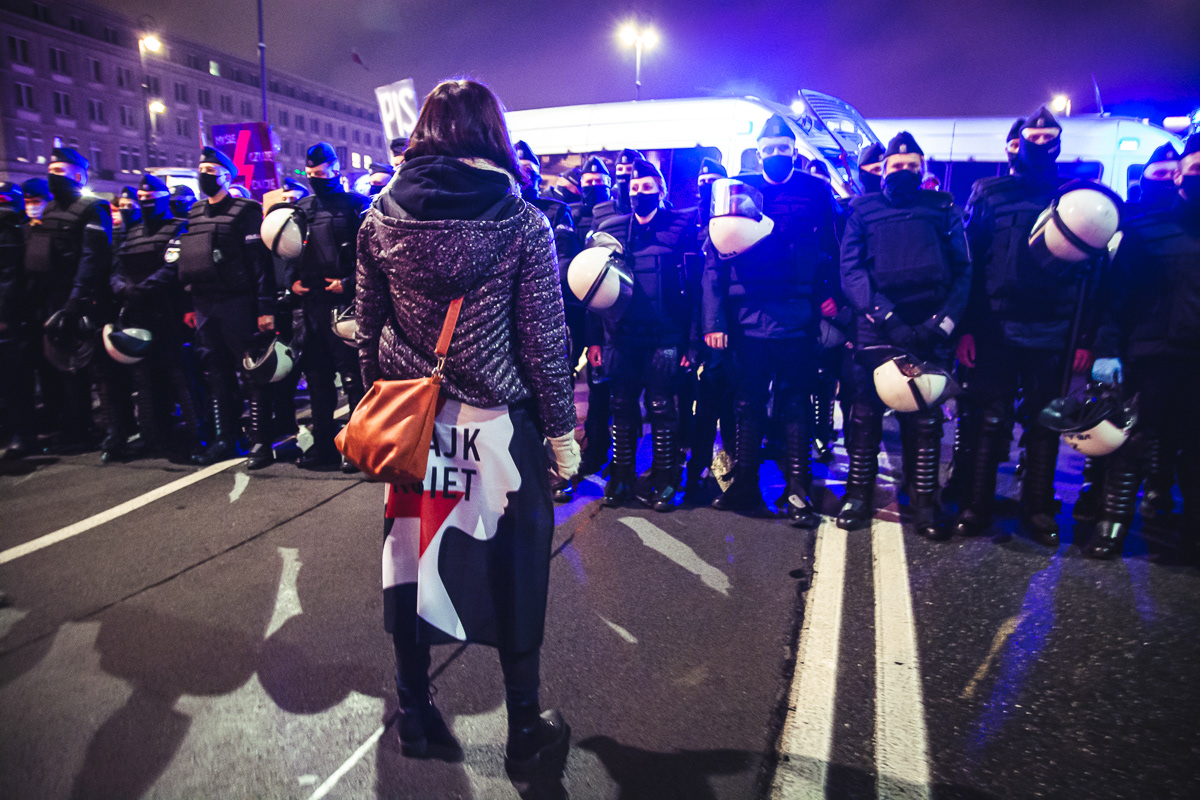


"Stop religious fundamentalism"
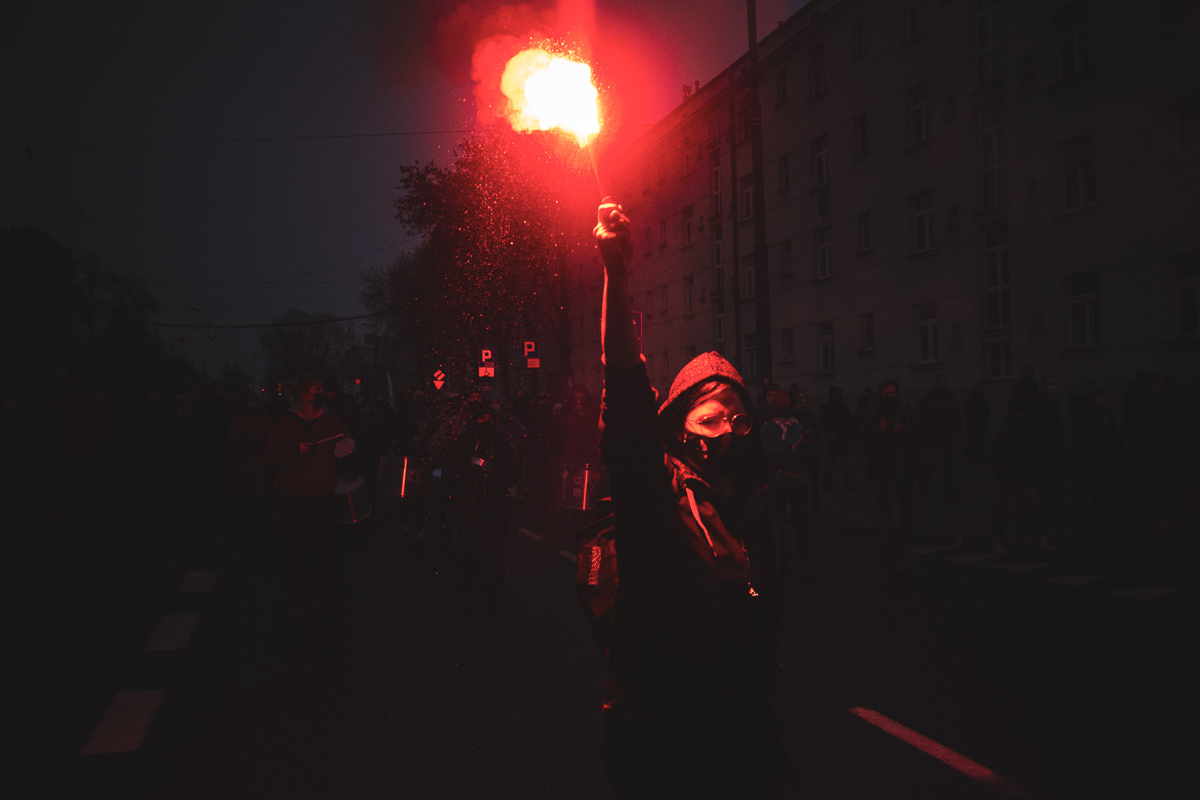
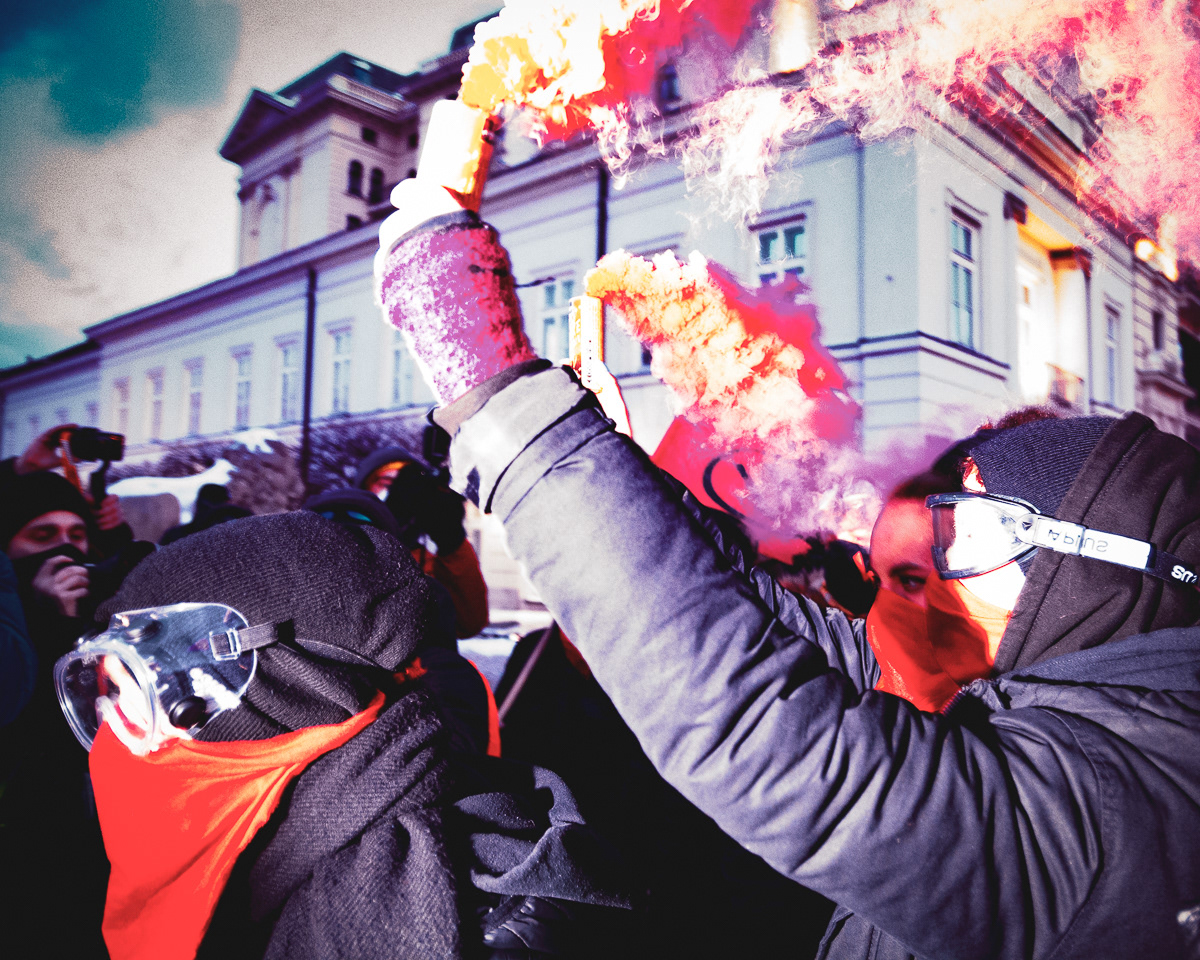
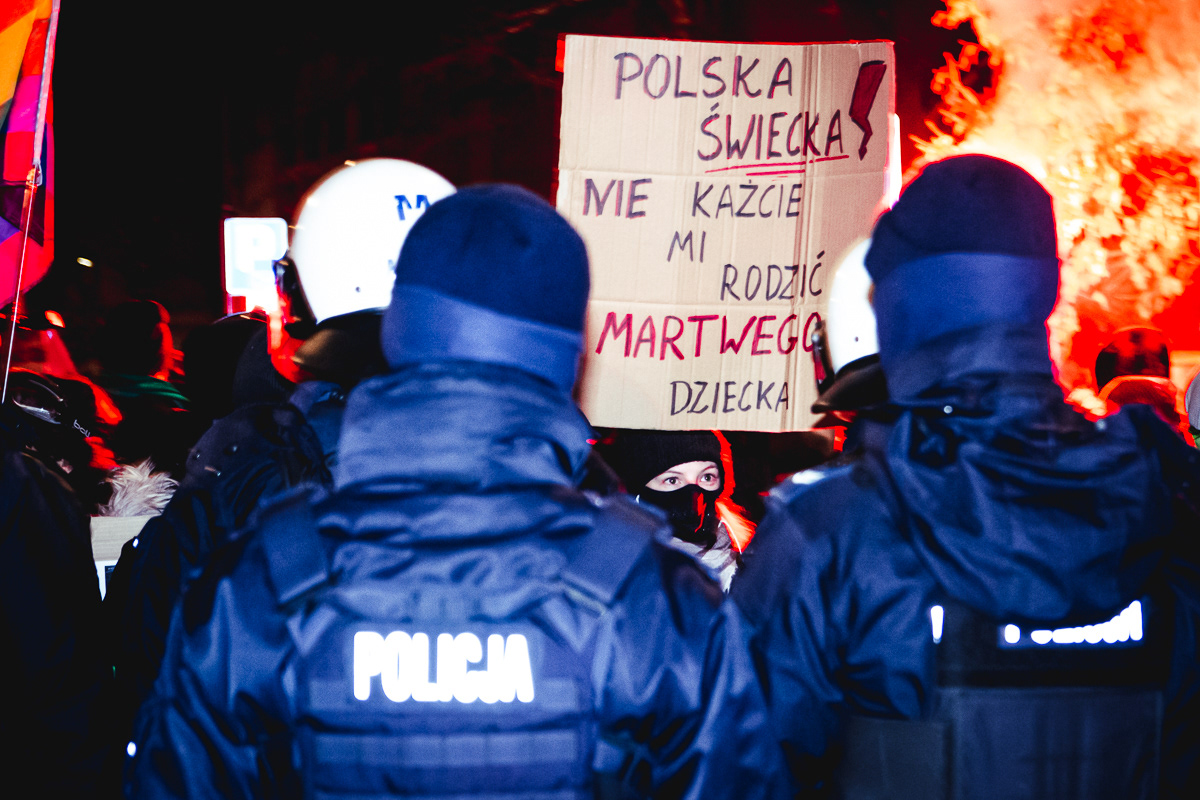
"Poland - secular! Don't force me to give birth to a dead child"
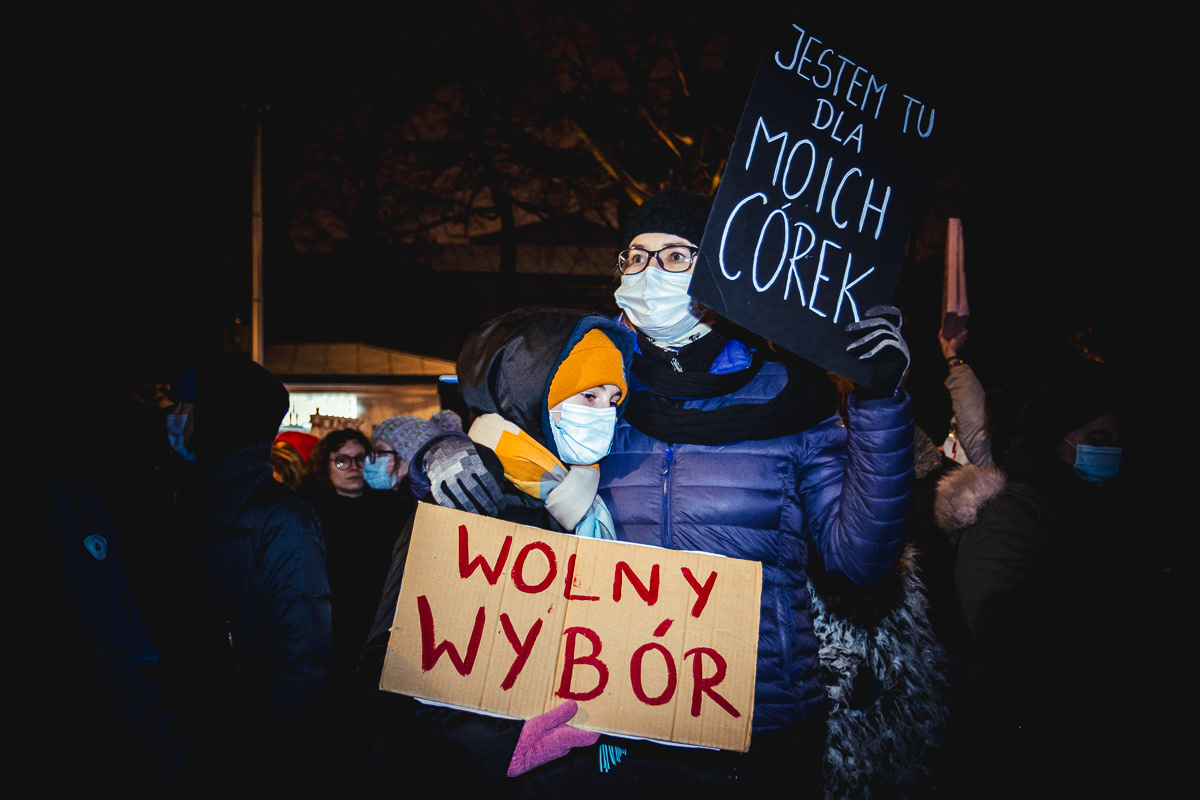
"Free choice"; "I'm here for my daughters"
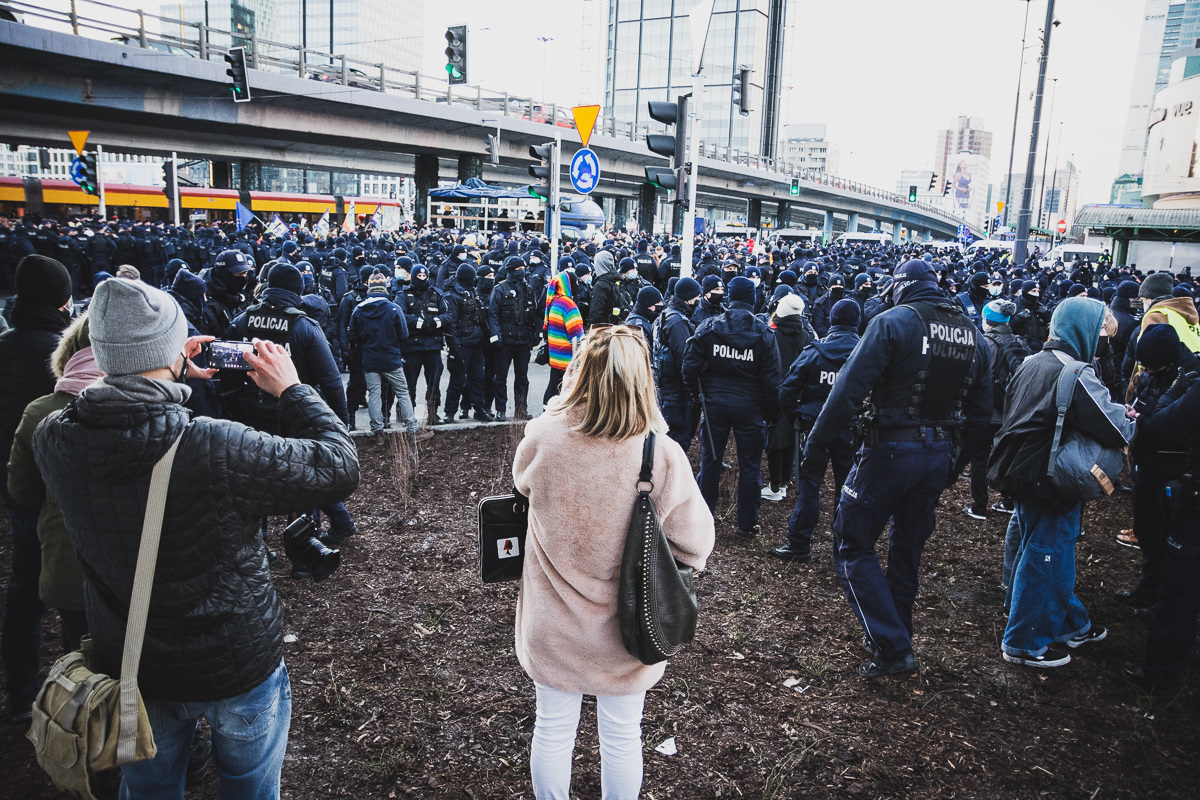

"Women's rights without compromises"

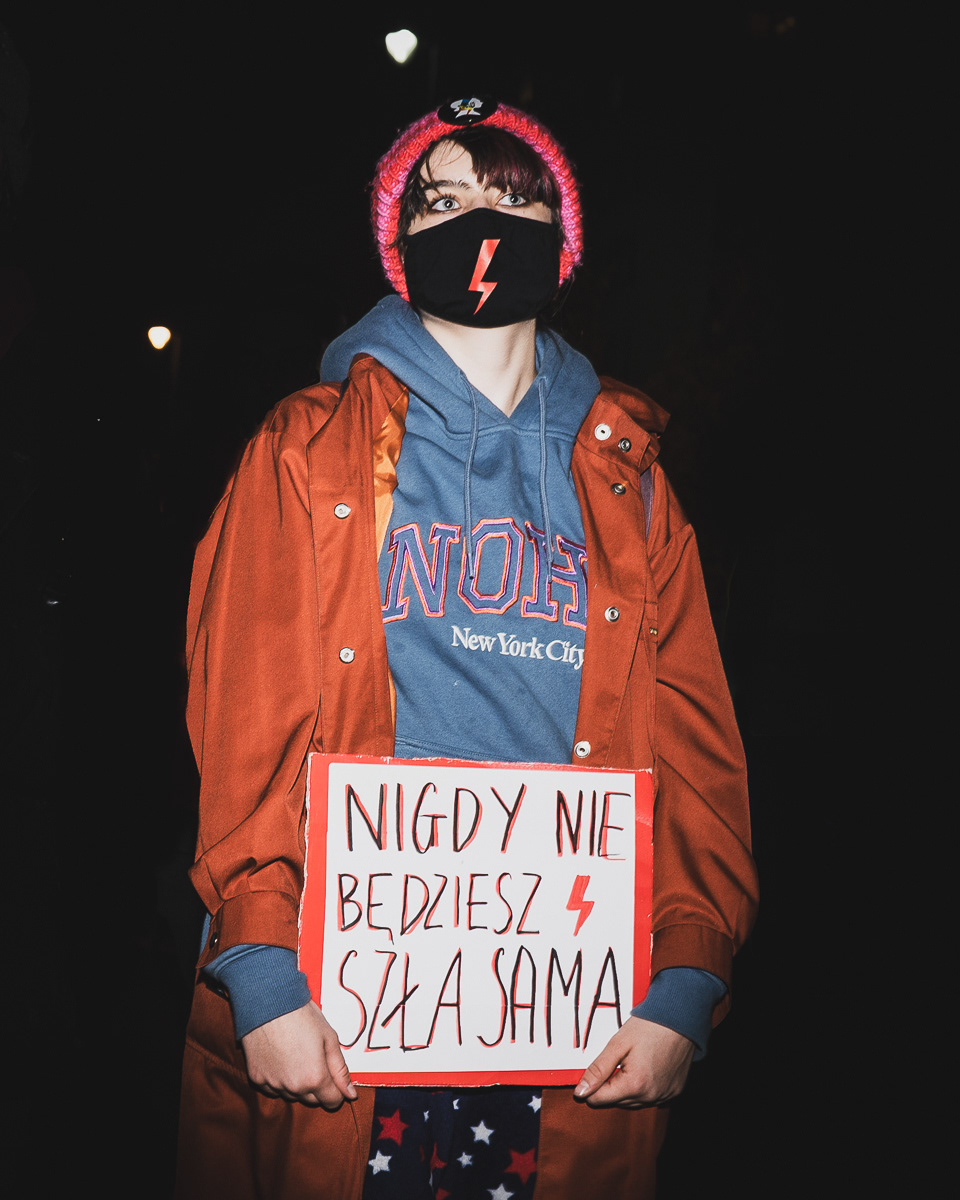
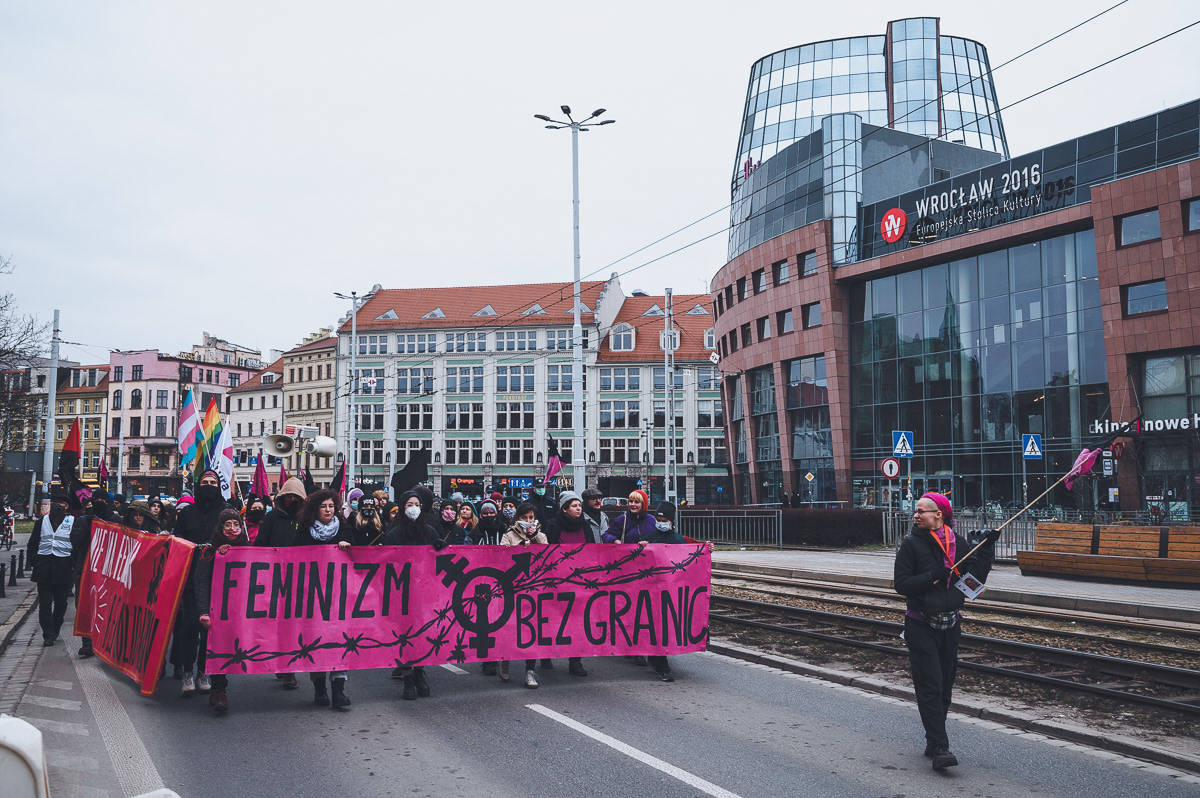
"Feminism without borders"
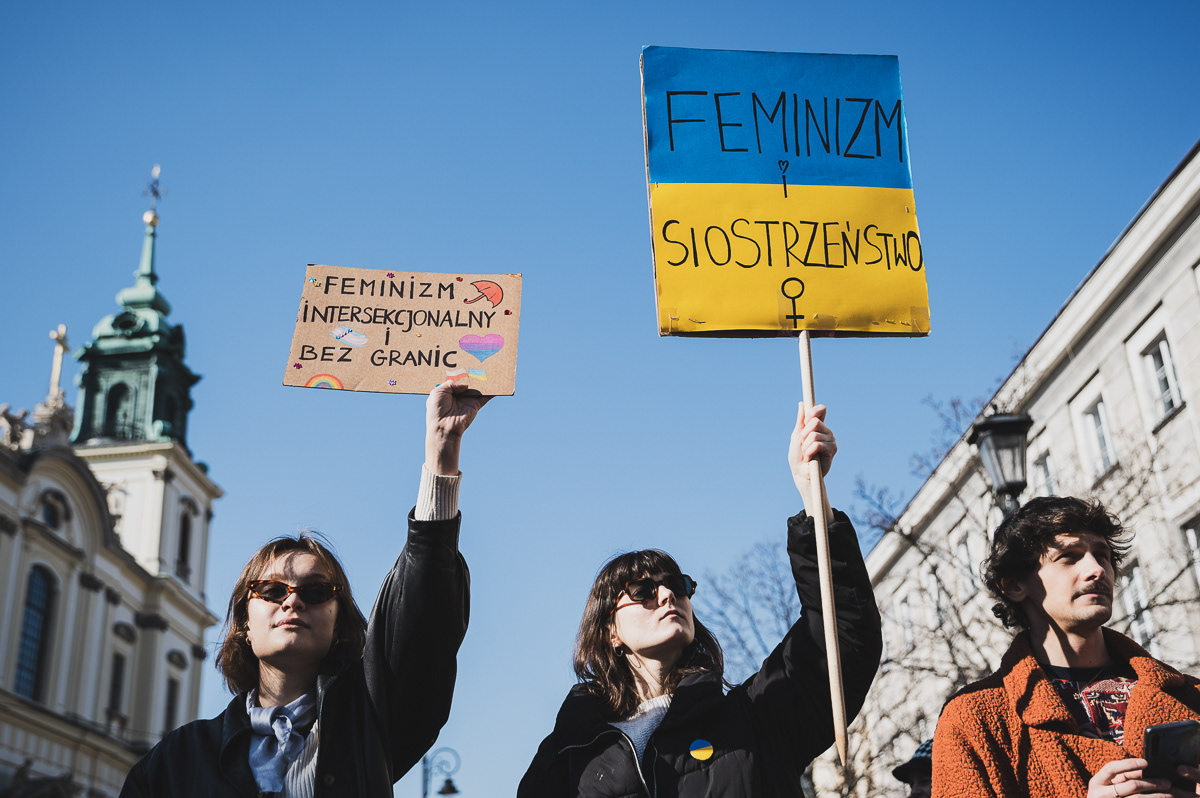
"Intersectional feminism without borders"; "feminism and sisterhood"
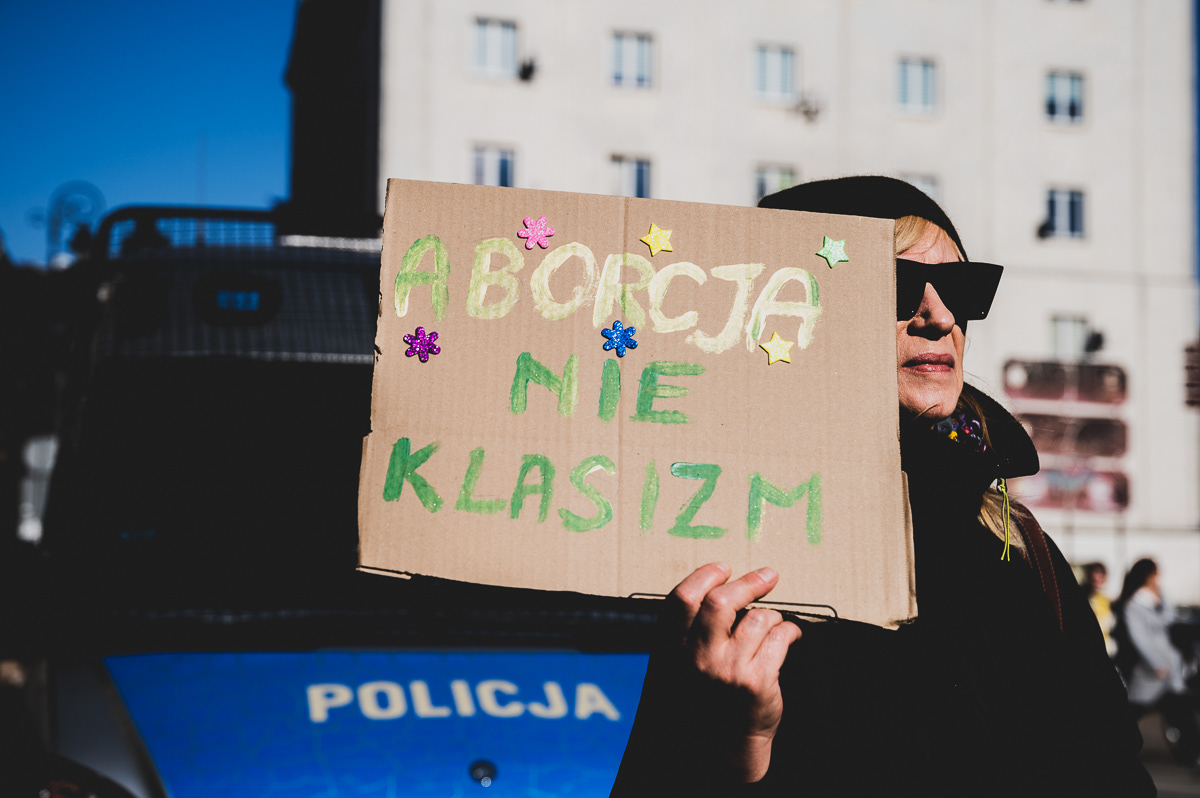
"Abortion, not classism"
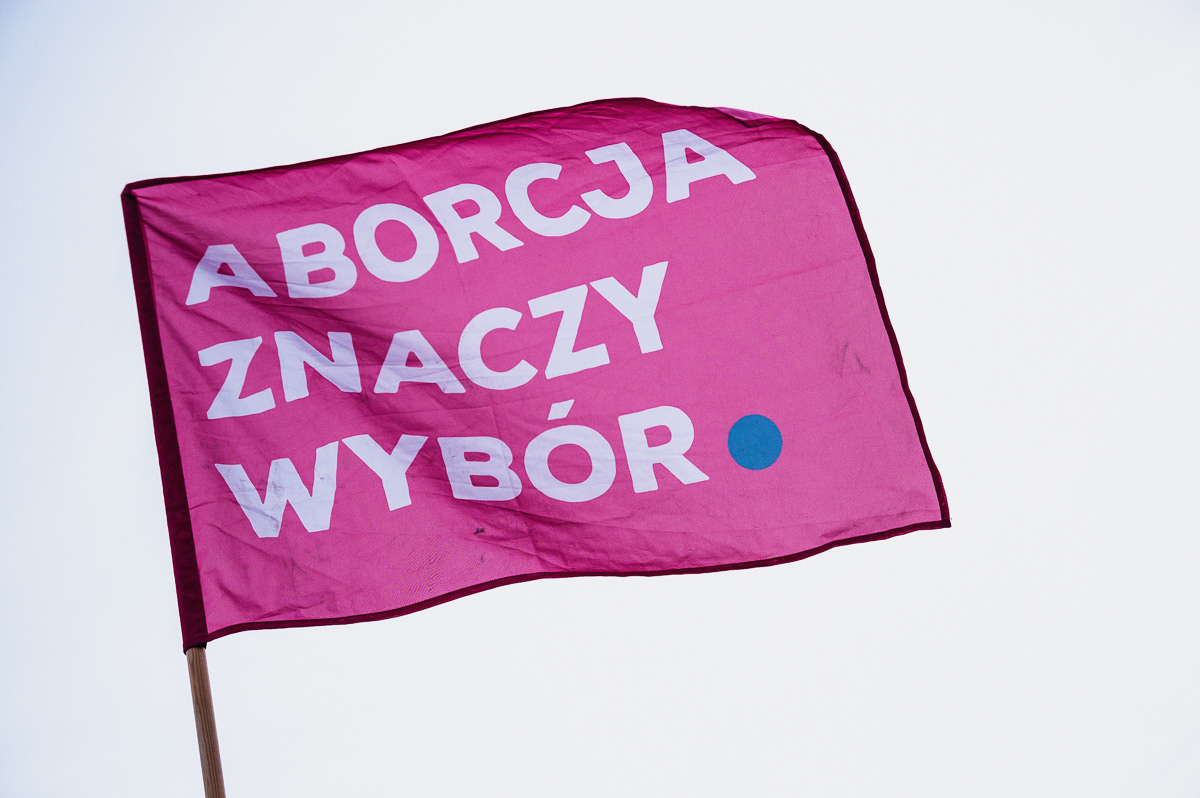
"Abortion means choice."
!["How many more must die for your fetus-centrism?"; "Not one more [death]"; "Doctors - rescue us"](https://cdn.myportfolio.com/8258b37e-c8ca-46fa-a125-b7e45be074bb/1d1783ee-4da5-4f41-bc97-9ab7ece285cf_rw_1200.jpg?h=3a97f3b088725da9ae03b2af97b7d8e3)
"How many more must die for your fetus-centrism?"; "Not one more [death]"; "Doctors - rescue us"
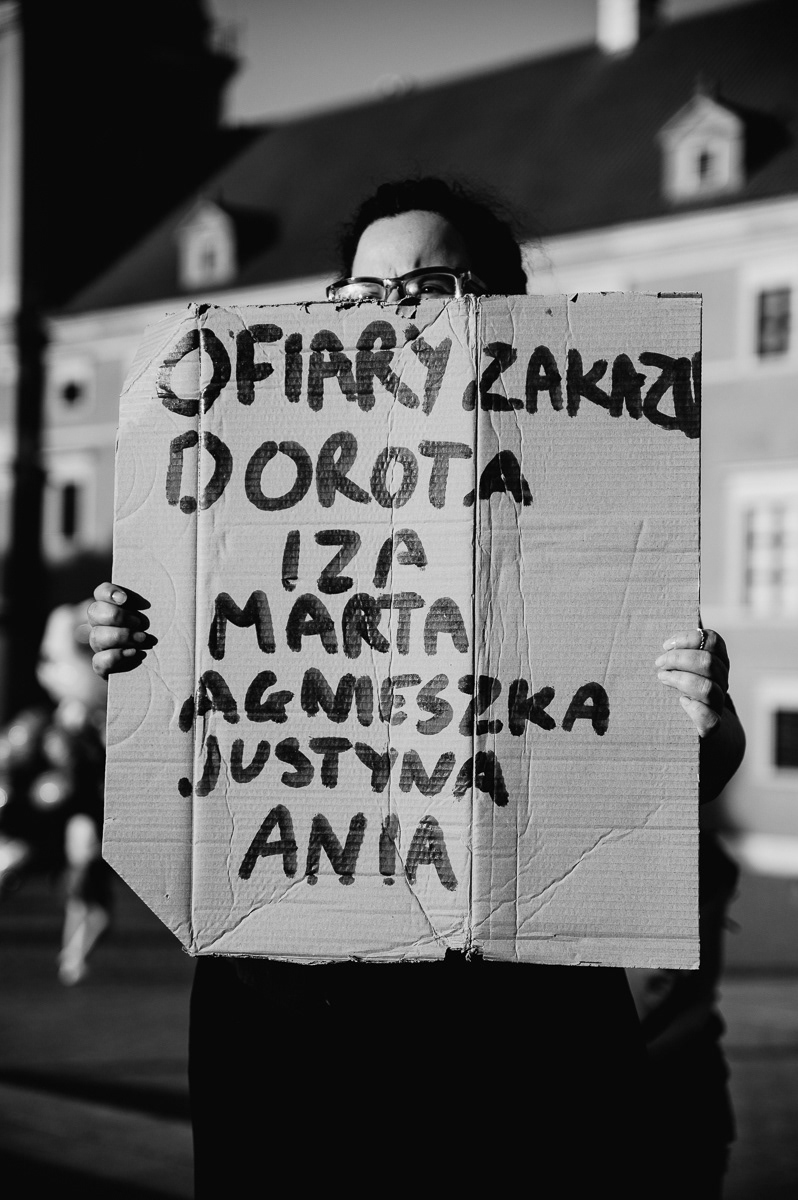
"Victims of the ban: Dorota, Iza, Marta, Agnieszka, Justyna, Ania"

"Doctors - rescue us"
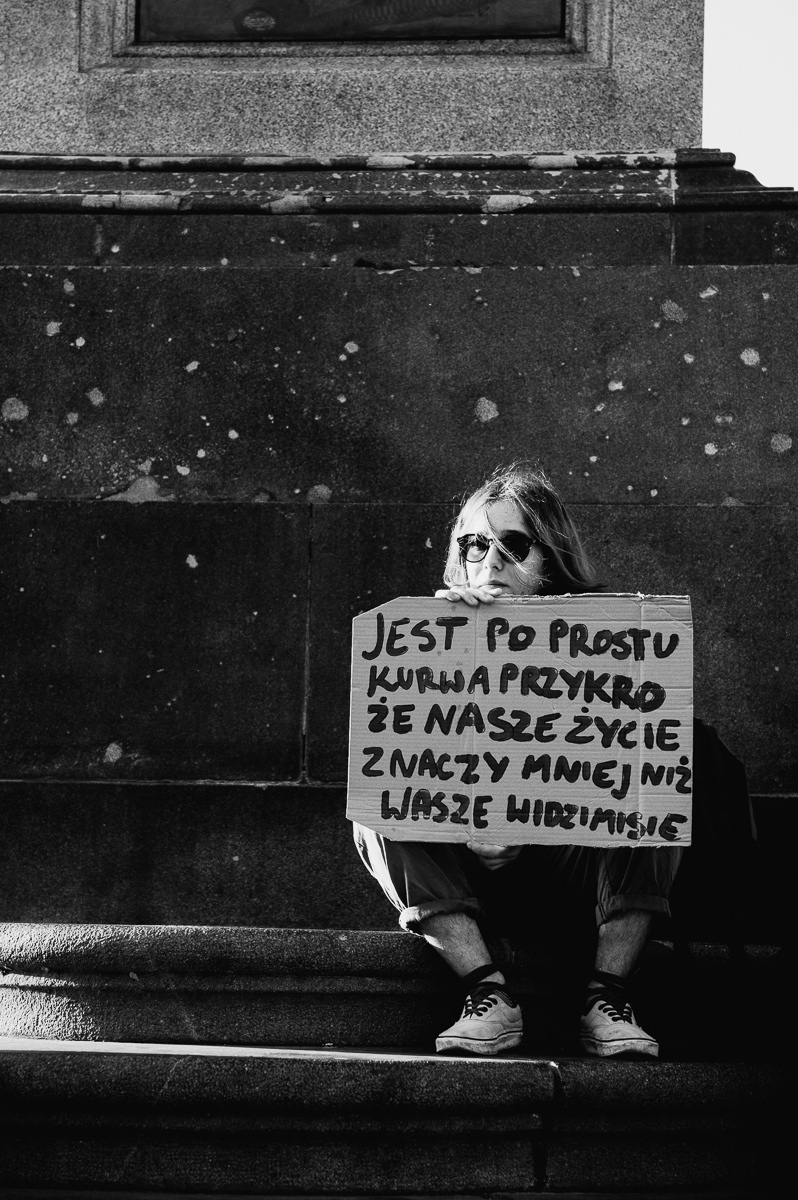
"It's just fucking sad that our lives mean less than your whims"

"Doctors' views worth more than human life"; "Not one more, never again. Stop killing us"; "Hospitals are for treatment, not politics"
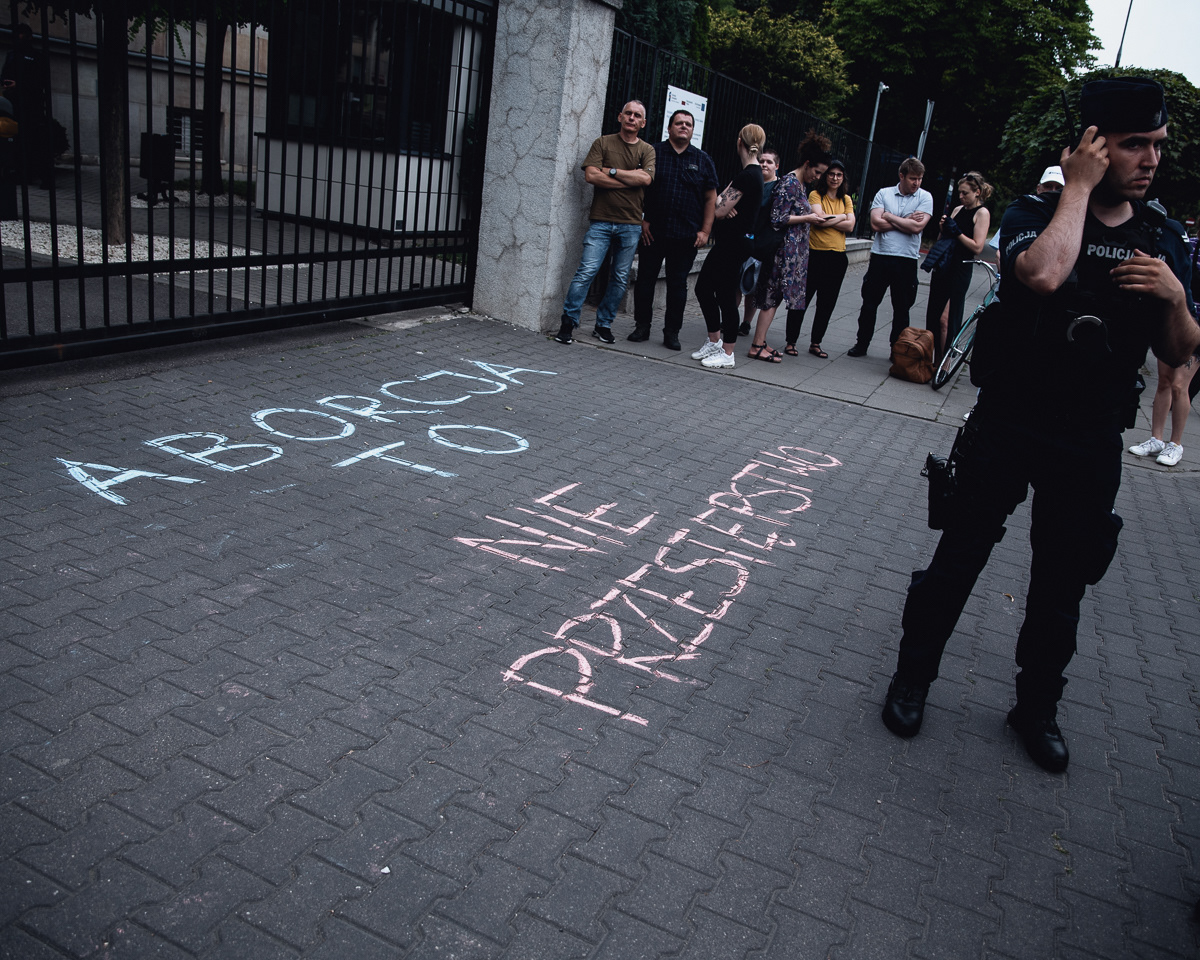
"Abortion is not a crime"
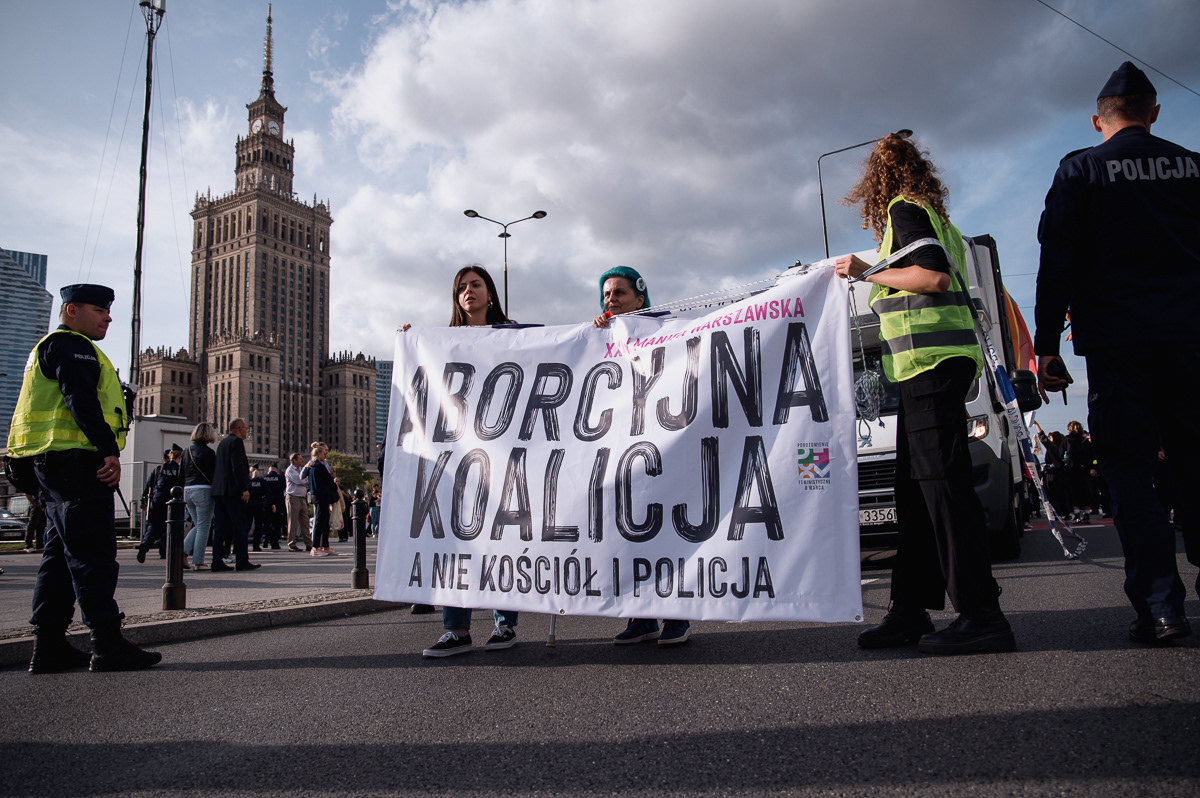
"Abortion coalition, not church, not police"
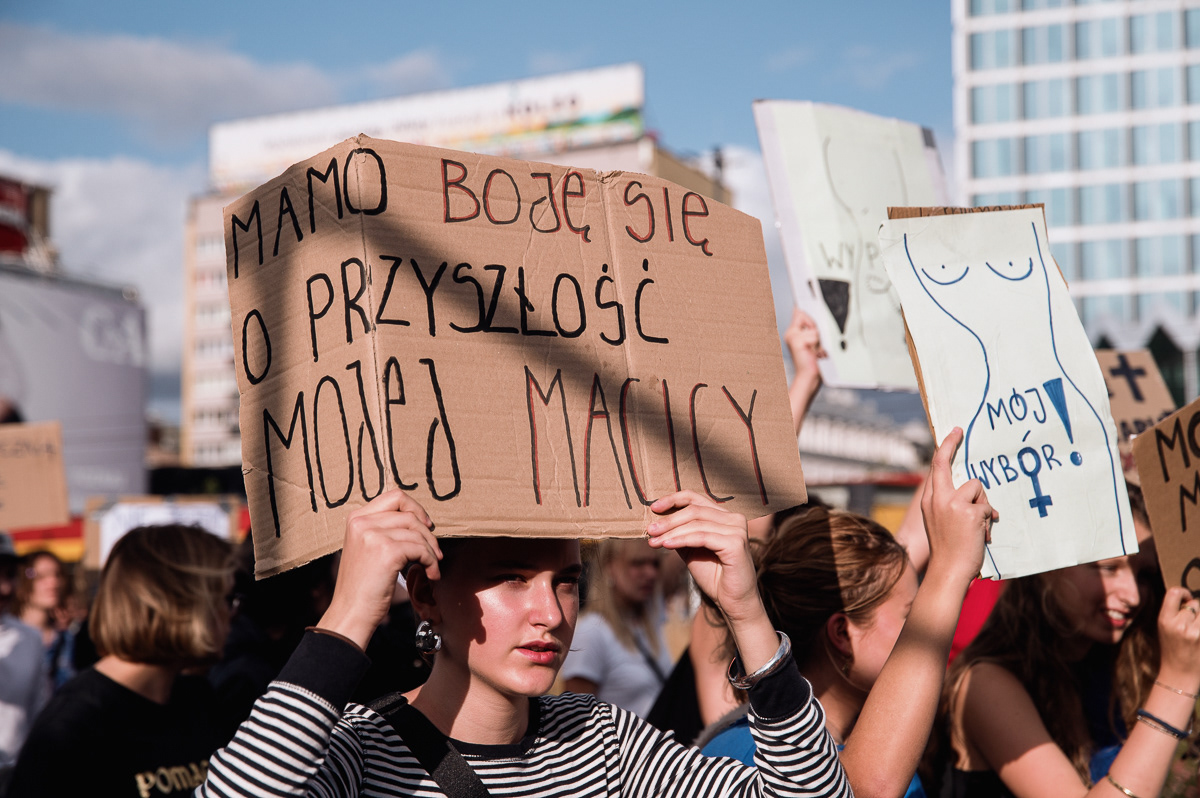
"Mom, I'm afraid for the future of my uterus"; "My choice!"
!["[Female] tenants are not a commodity!"](https://cdn.myportfolio.com/8258b37e-c8ca-46fa-a125-b7e45be074bb/e52d2455-a25c-41d8-a808-372ed2d08982_rw_1200.jpg?h=a40f7129db086ab53a5a8b883c8908c1)
"[Female] tenants are not a commodity!"
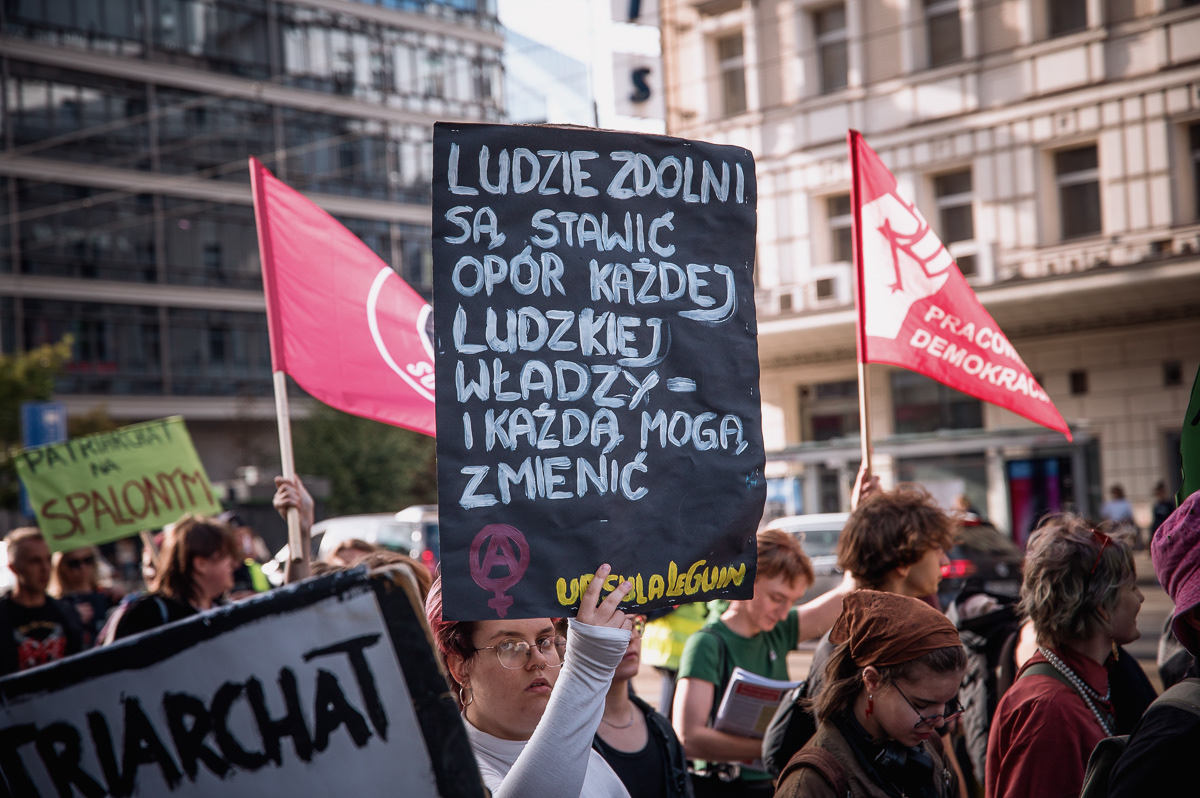
"Any human power can be resisted and changed by human beings - Ursula Le Guin"

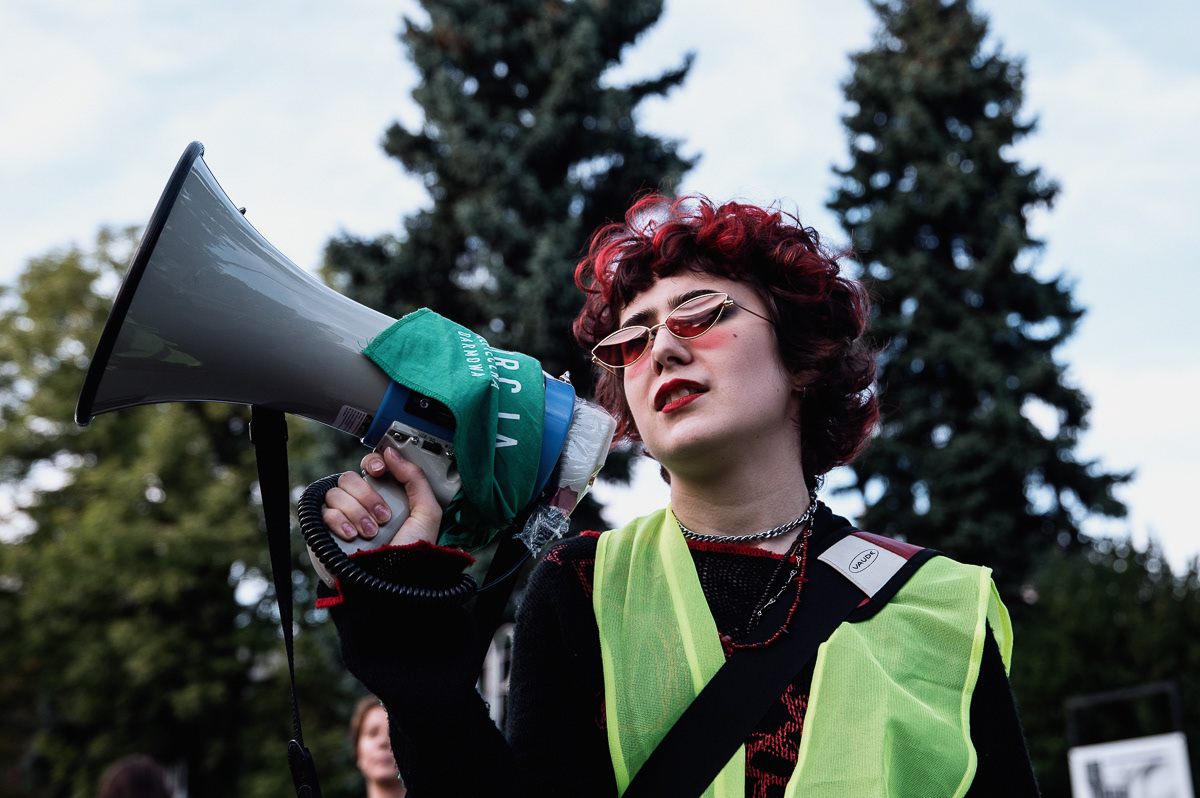
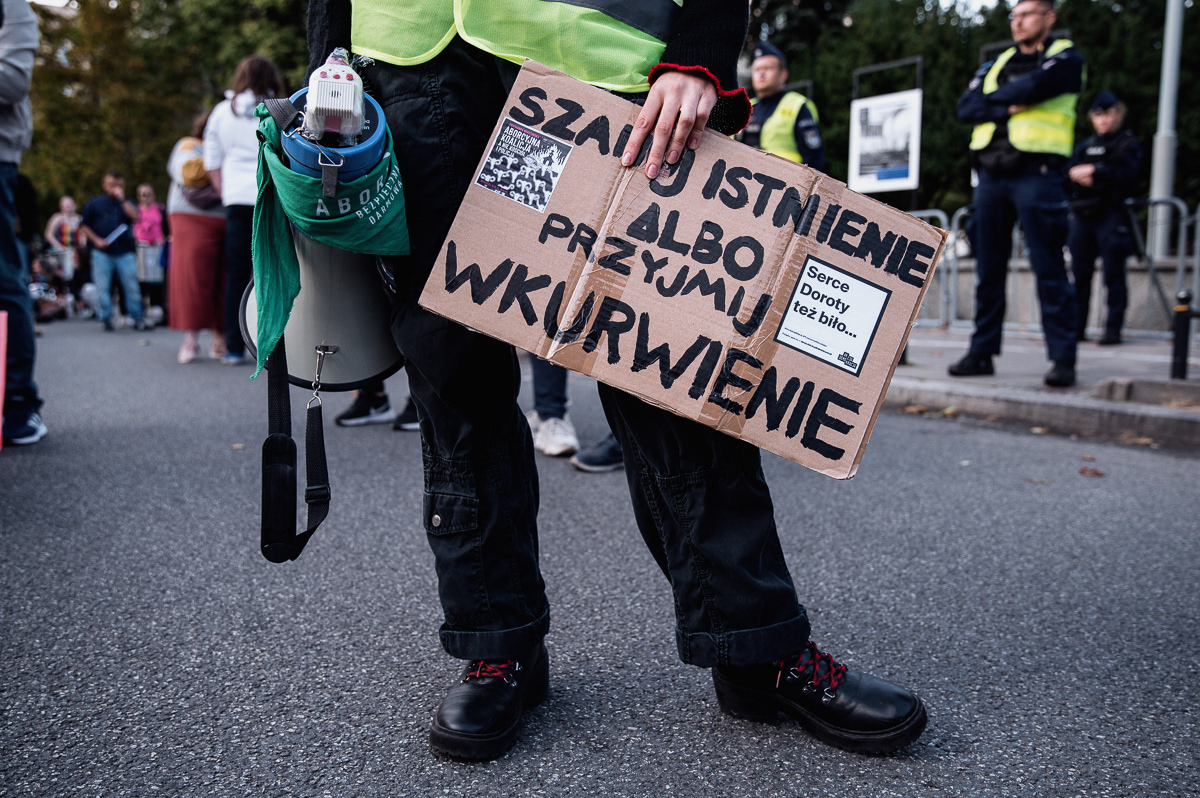
"Respect existence or receive rage"
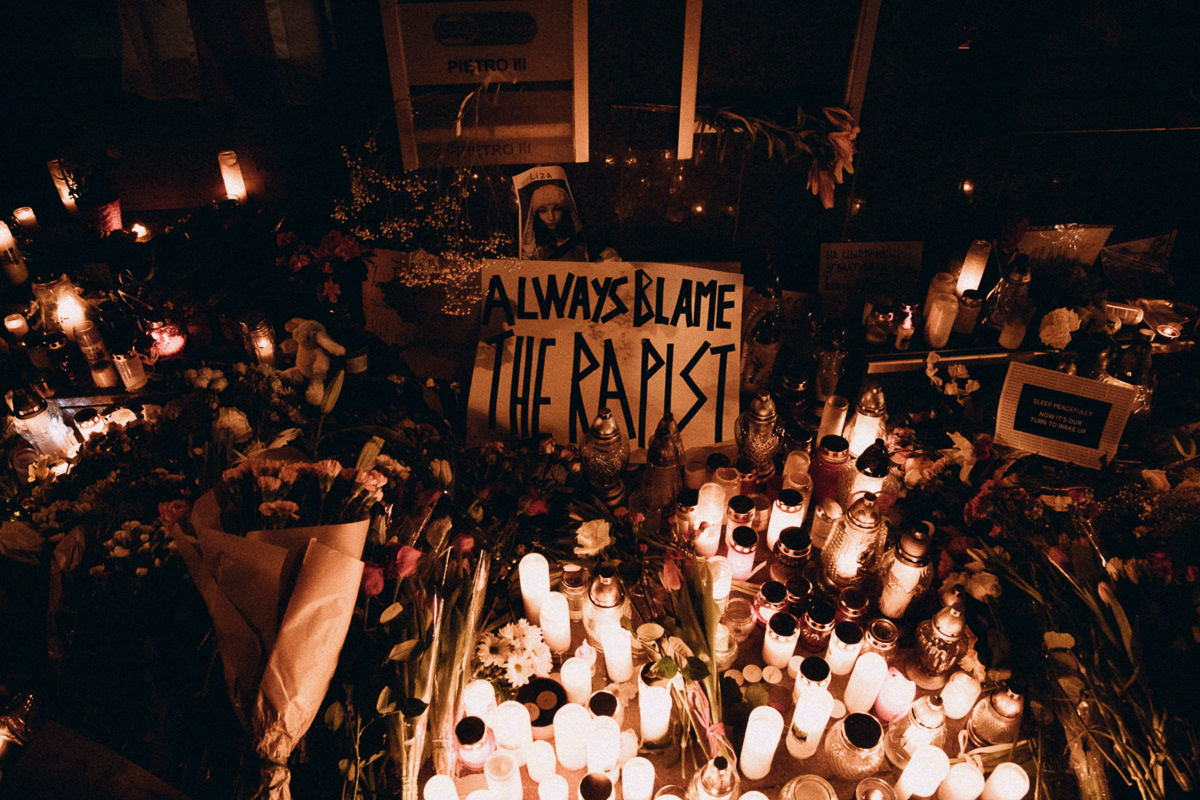
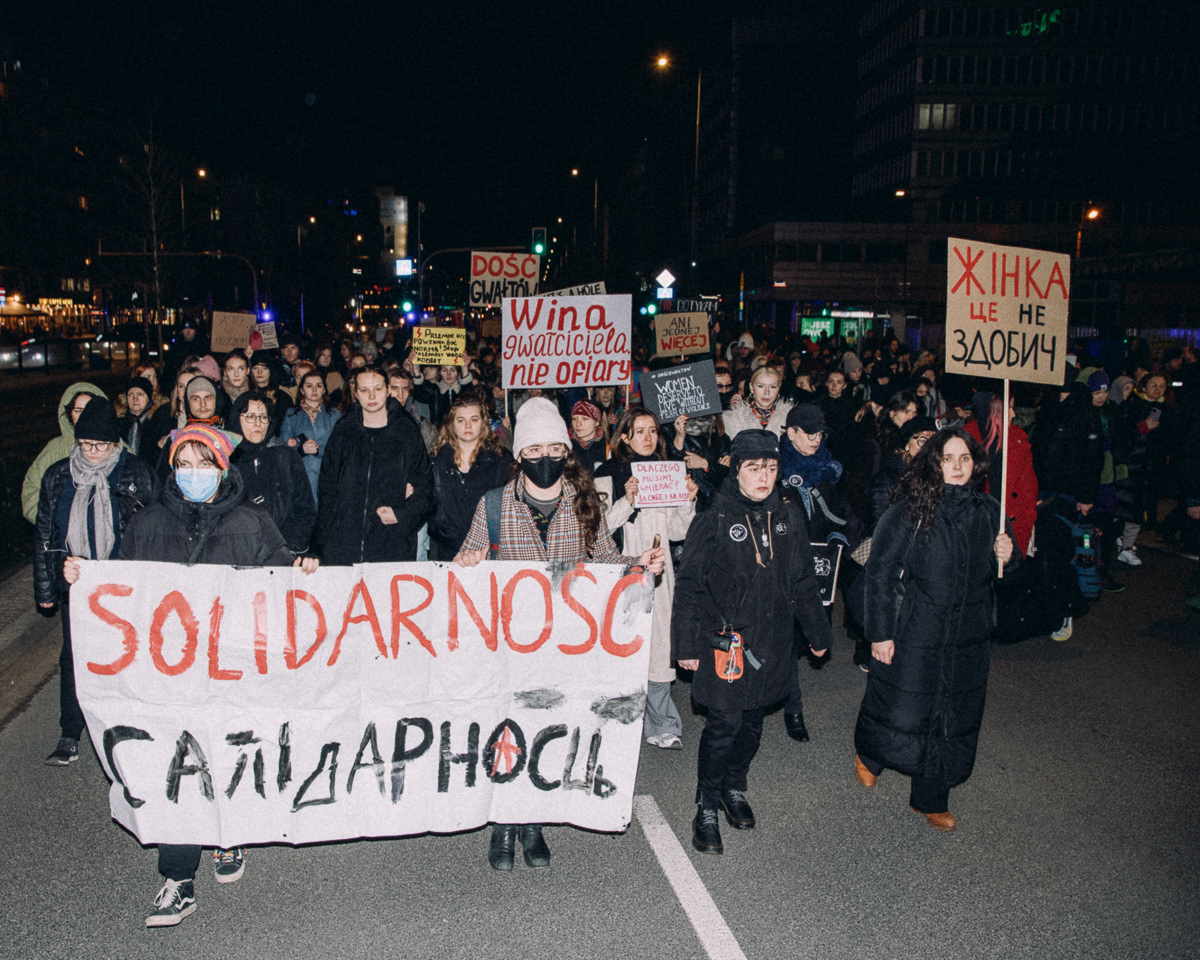
"Solidarity"; "The fault of the rapist, not the victim"; "Women are not prey"
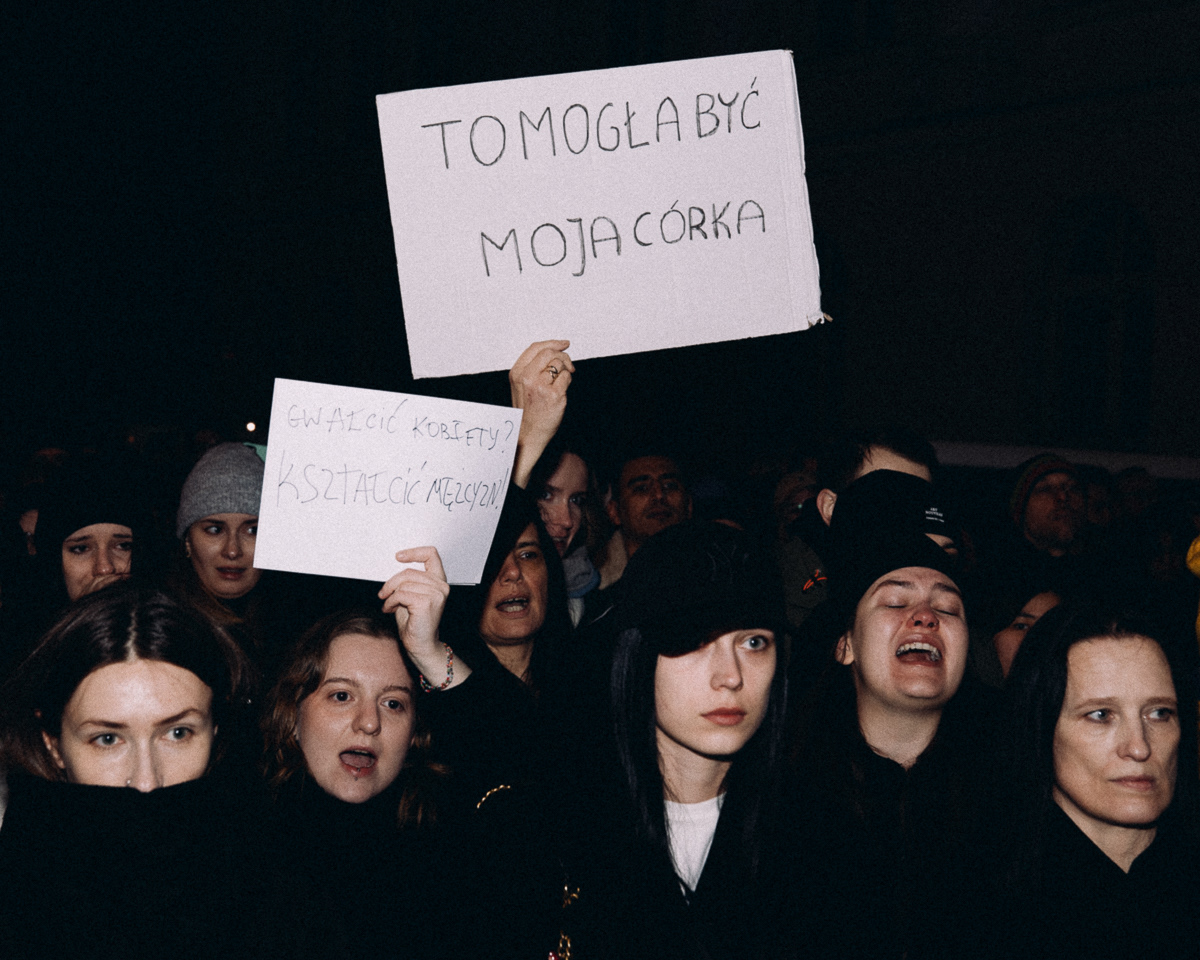
"That could have been my daughter"; "Rape women? Educate men!"

"Not one more"; "Violence should not be the norm, stop violence against women"
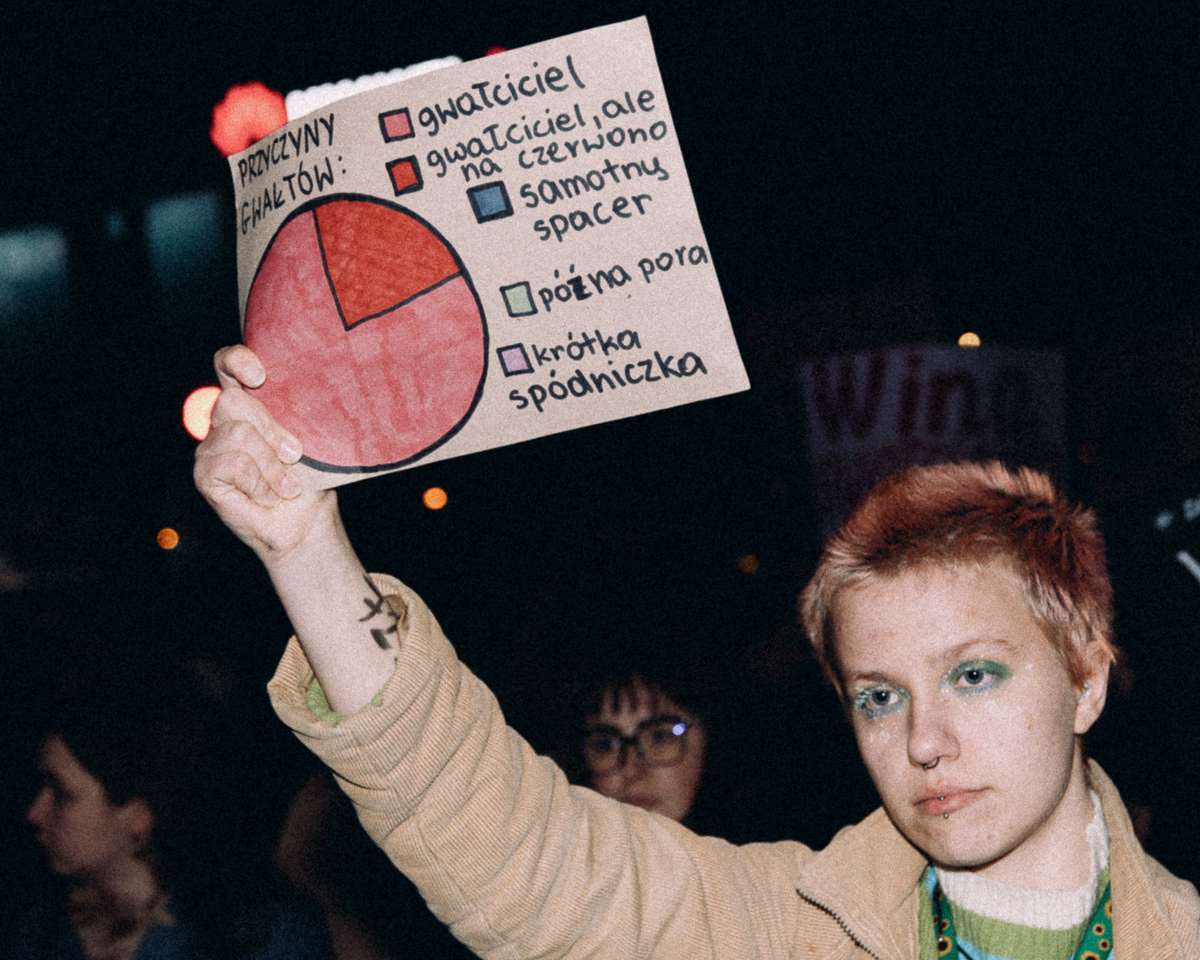
"Causes of rape - pink: the rapist - red: the rapist but in red - blue: walking alone - green: late hour - purple: short skirt"
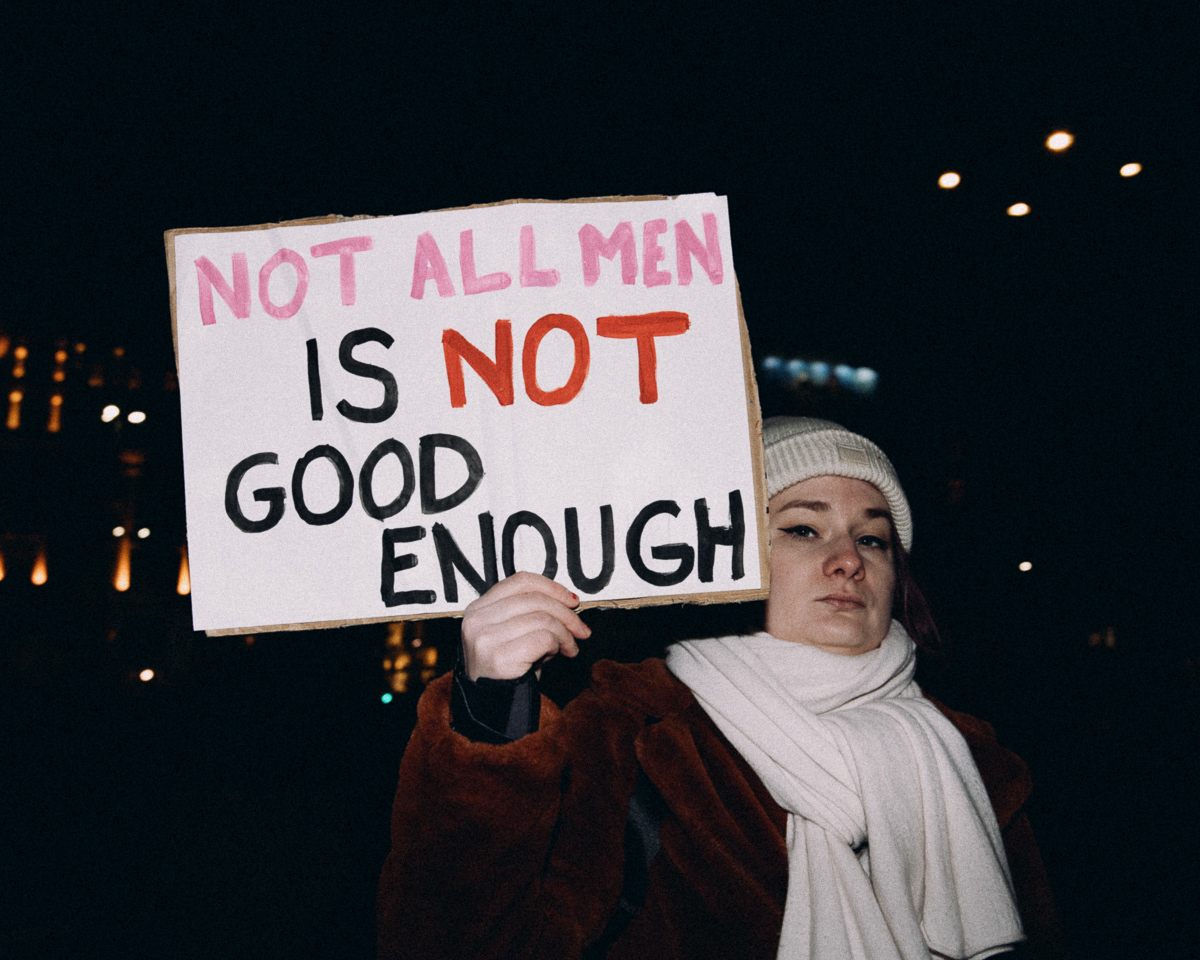
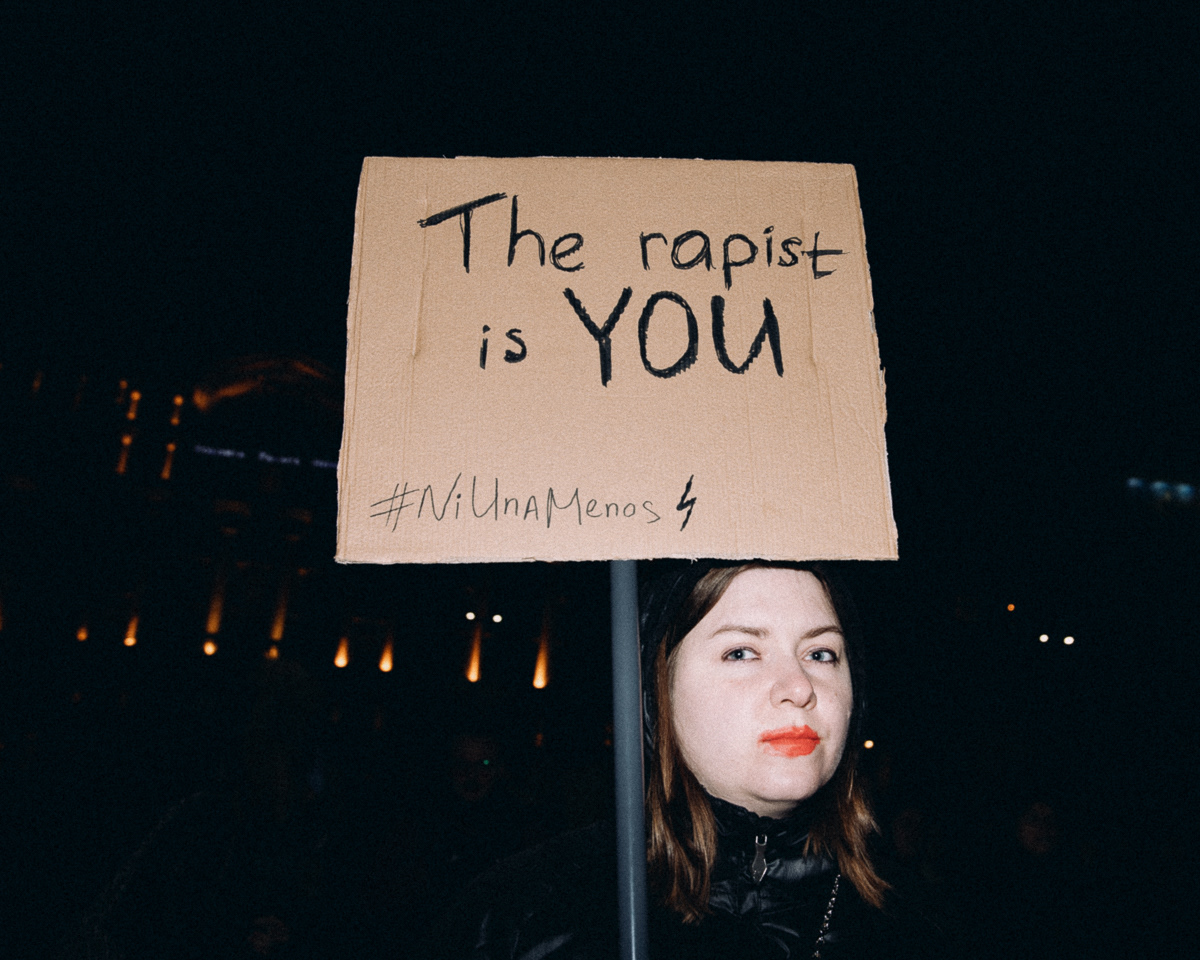

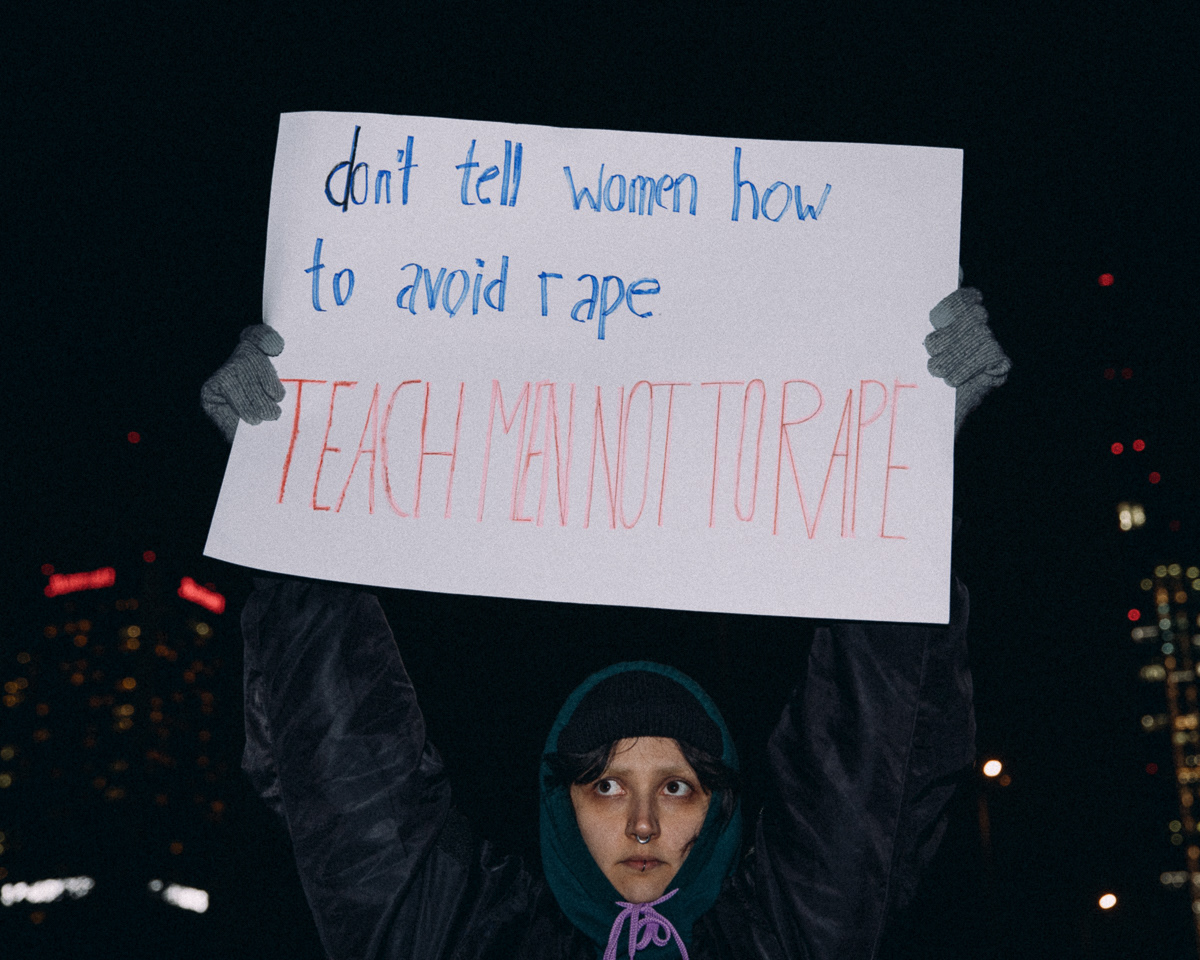
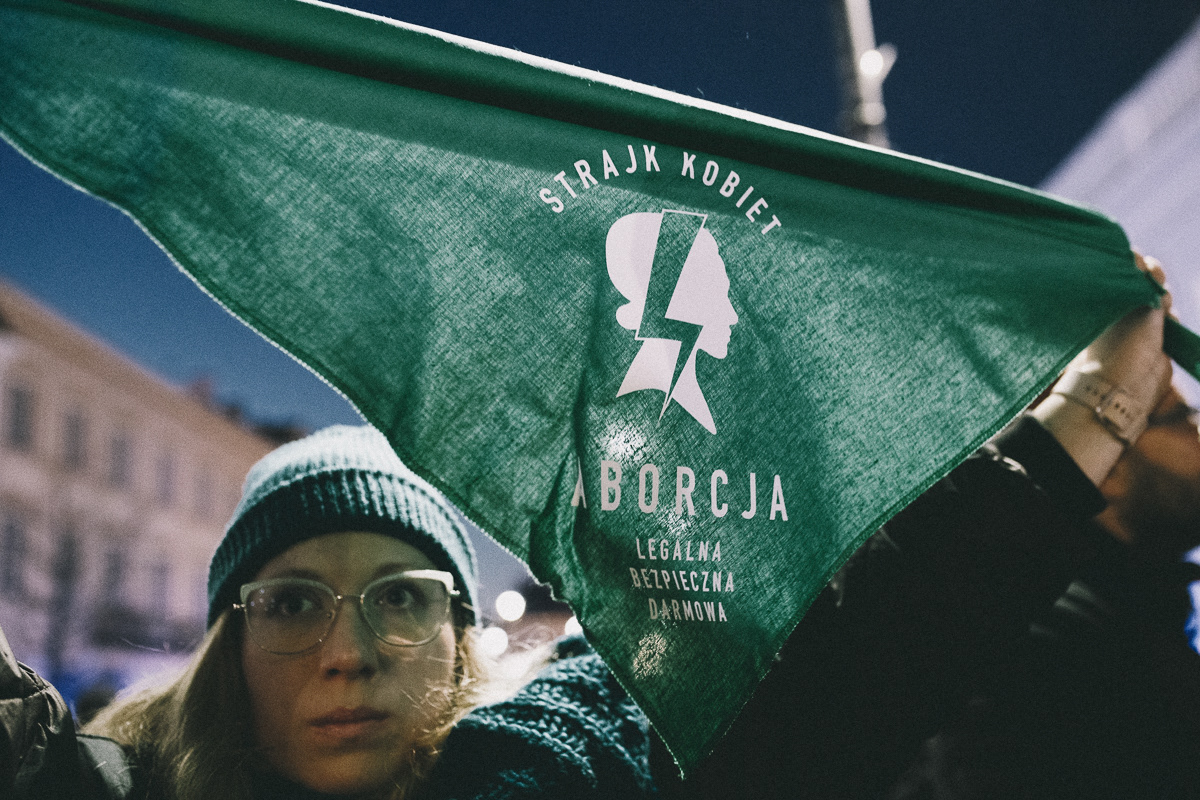
"Women's strike, abortion legal, safe, and for free"
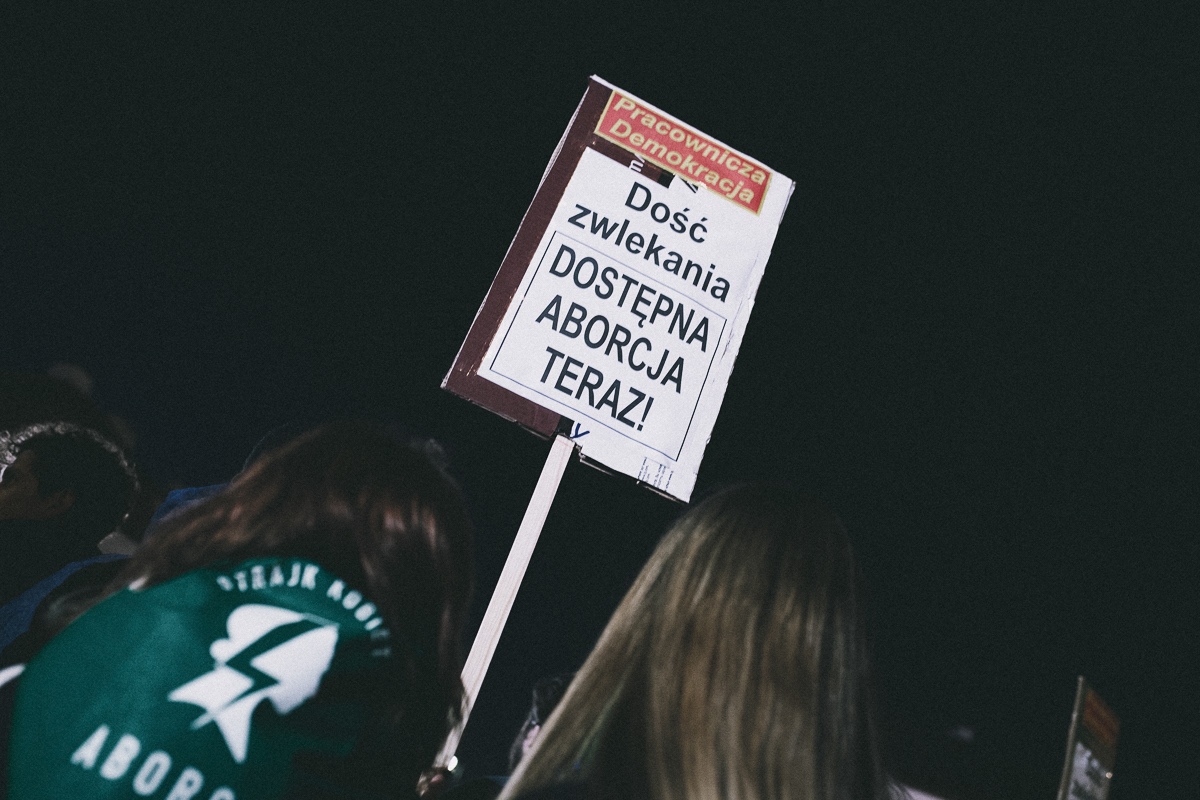
"Enough procrastination - accessible abortion now!"
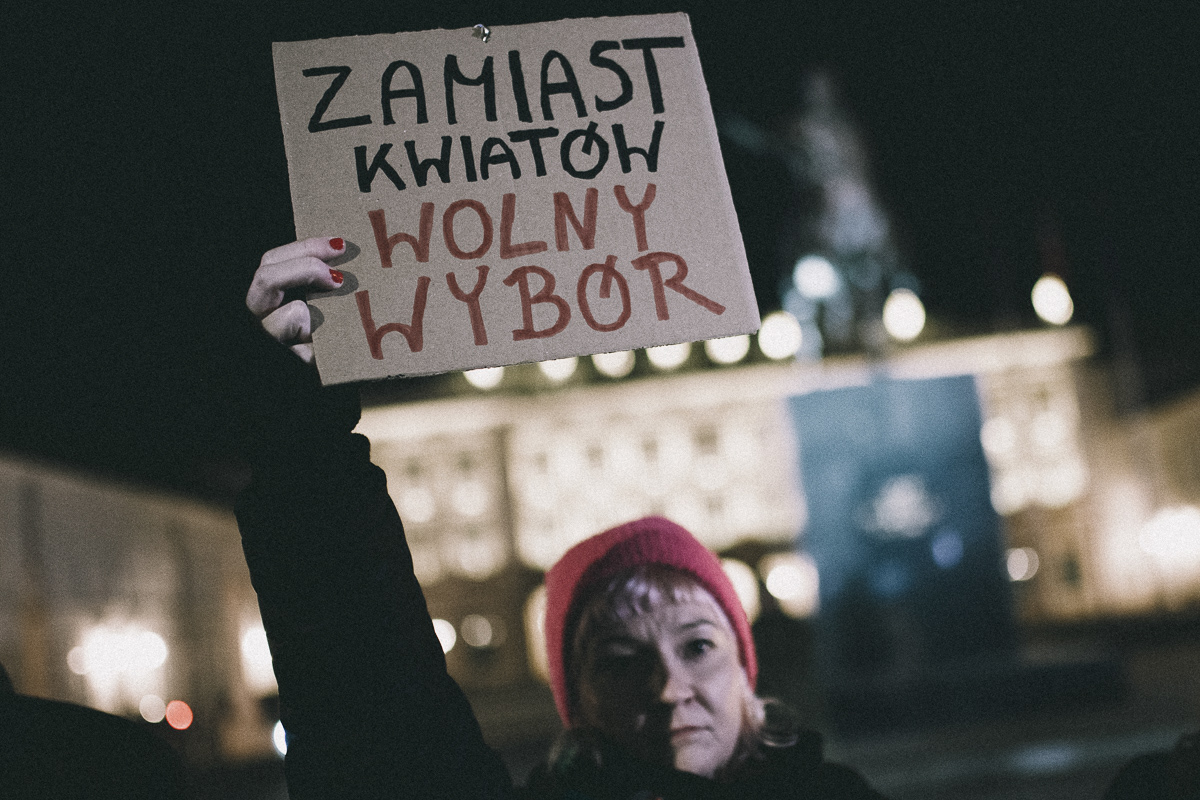
"Instead of flowers - free choice"
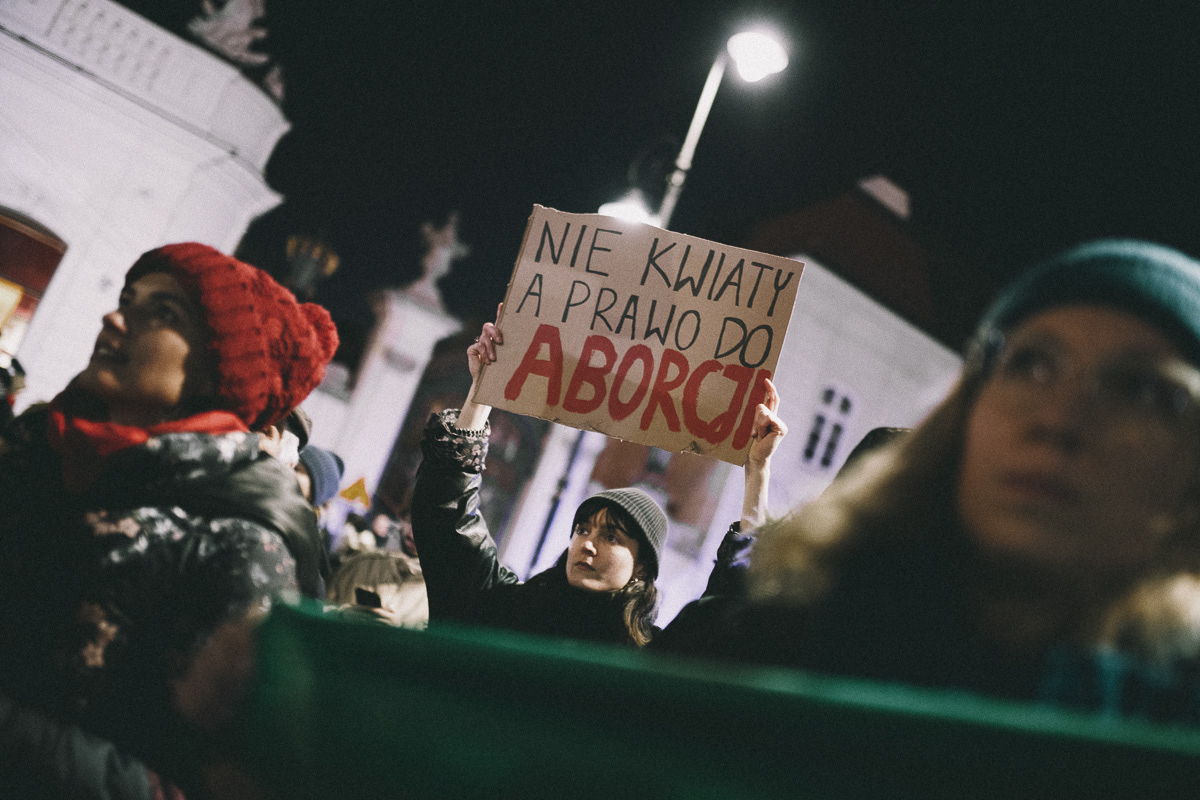
"Not flowers, but the right to abortion"

"Legal abortion"

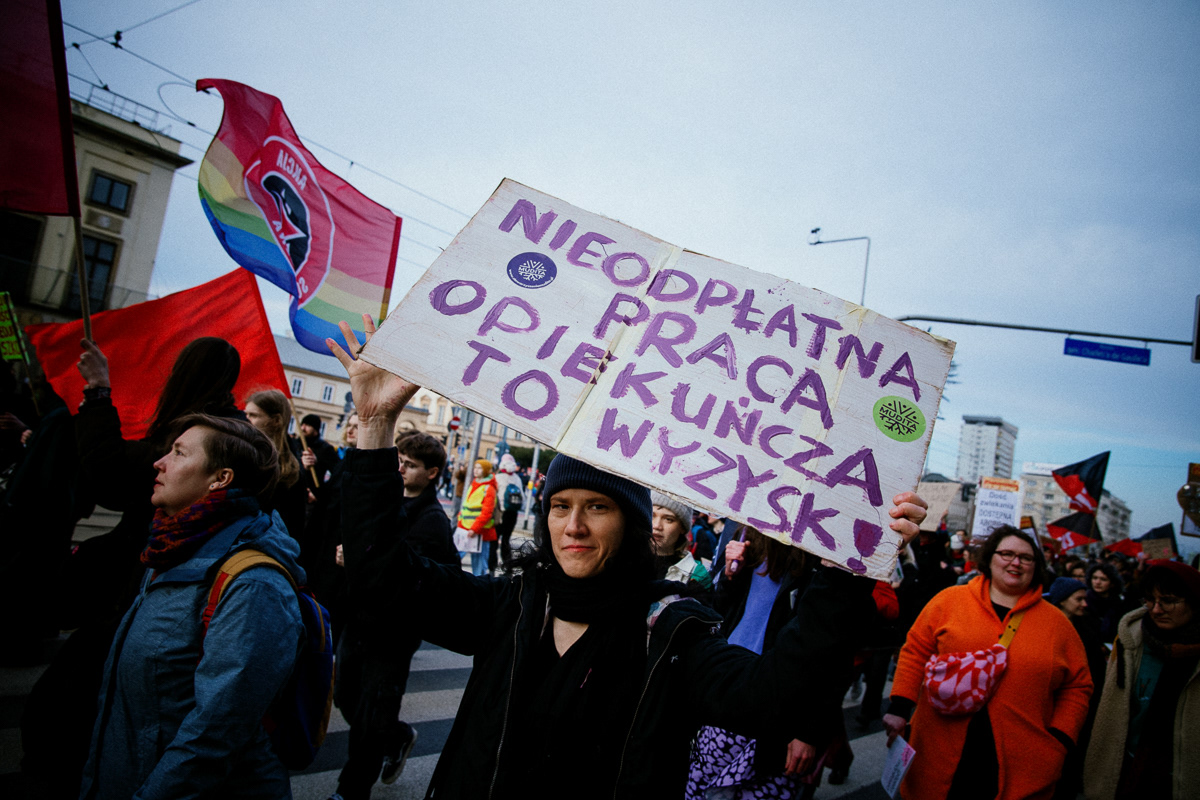
"Unpaid care work is exploitation!"
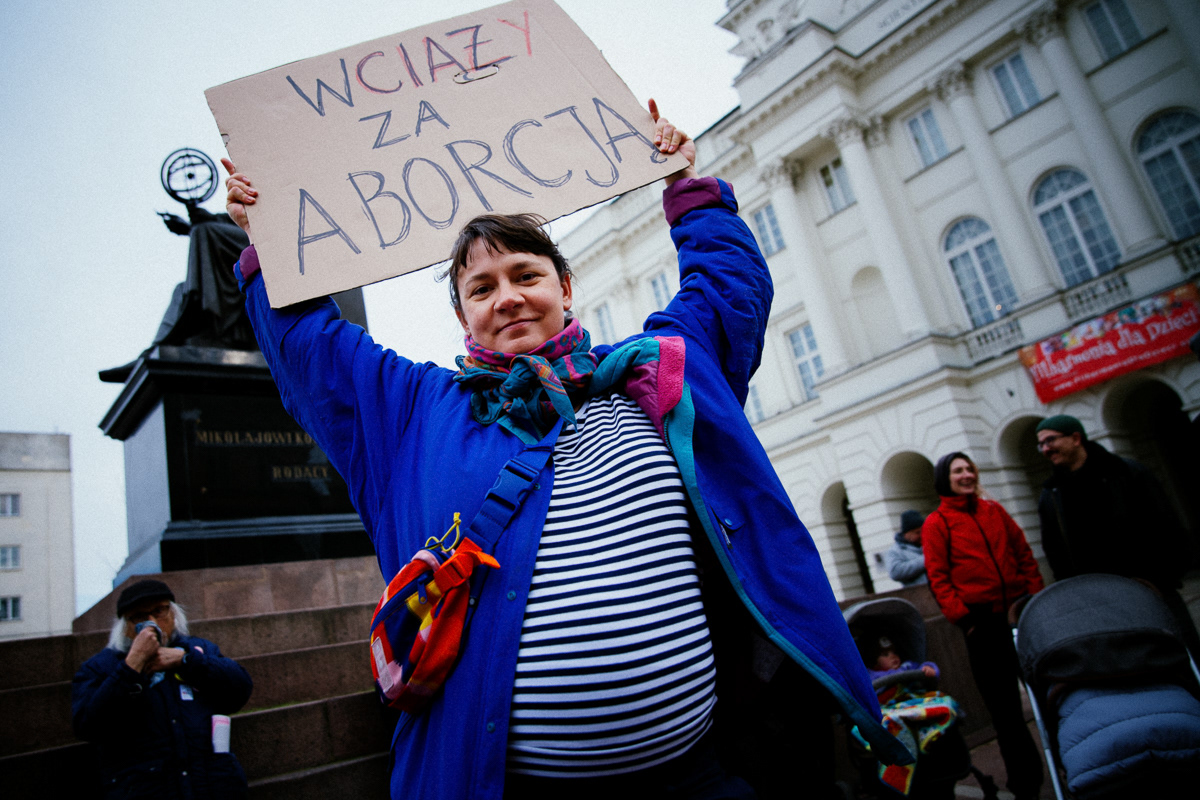
"Pregnant persons for abortion"
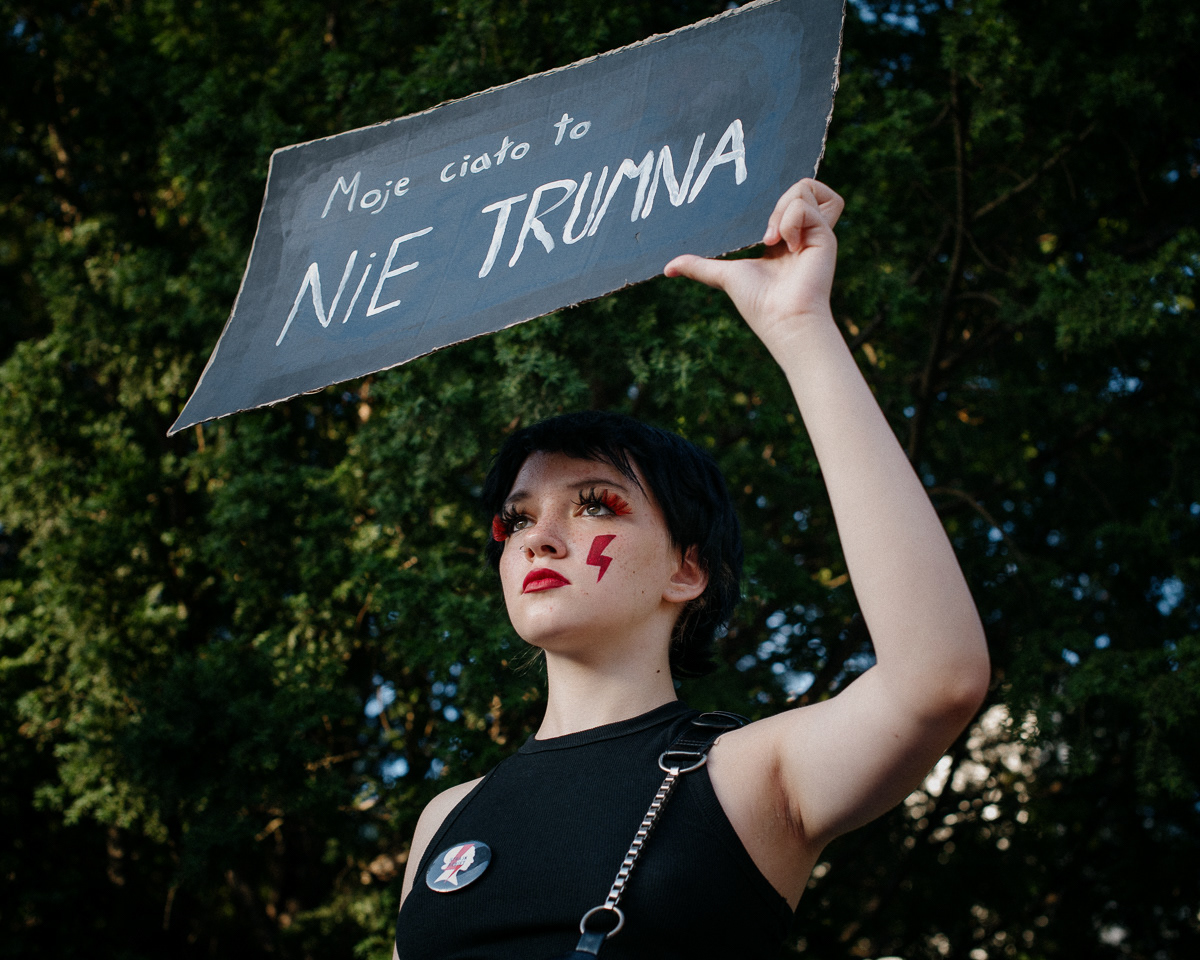
"My body is not a coffin"
On 22 October 2020, Poland's Constitutional Tribunal issued a ruling that made almost all cases of abortion in the country illegal. The ruling was met with massive protests that soon swept the entire country and heralded a revived feminist movement that for the conservative Central European country has been nothing short of revolutionary. Under the cover of COVID pandemic restrictions, these protests were often violently repressed by the police and the right-wing ruling political party, PiS, and its allies.
Although the Women's Strike protests would eventually taper off in 2021 and the abortion ban would remain, feminist causes became a permanent vector of protest in Poland. Since 2021, smaller scale demonstrations were organized following the deaths of several Polish women because their doctor refused them a potentially life saving abortion. Various protests also highlighted the intersectionality of feminism with other social issues, such as migration and labor, for instance, or called for the end of rape culture, particularly following the brutal rape and murder of a 25 year old Belarusian immigrant, Liza, by a young Polish man in February 2024.
Despite the liberal political opposition winning elections in October 2023, the abortion ban remains in effect, with center-conservative coalition partners blocking legislation that could lift the abortion ban. Poland's feminists thus continue to struggle against normalized patriarchy in a changing-yet-still largely conservative society, with the call for the legal right to abortion at the forefront. Although progress is slow, the feminist shift in public protests since October 2020 has been significant.

